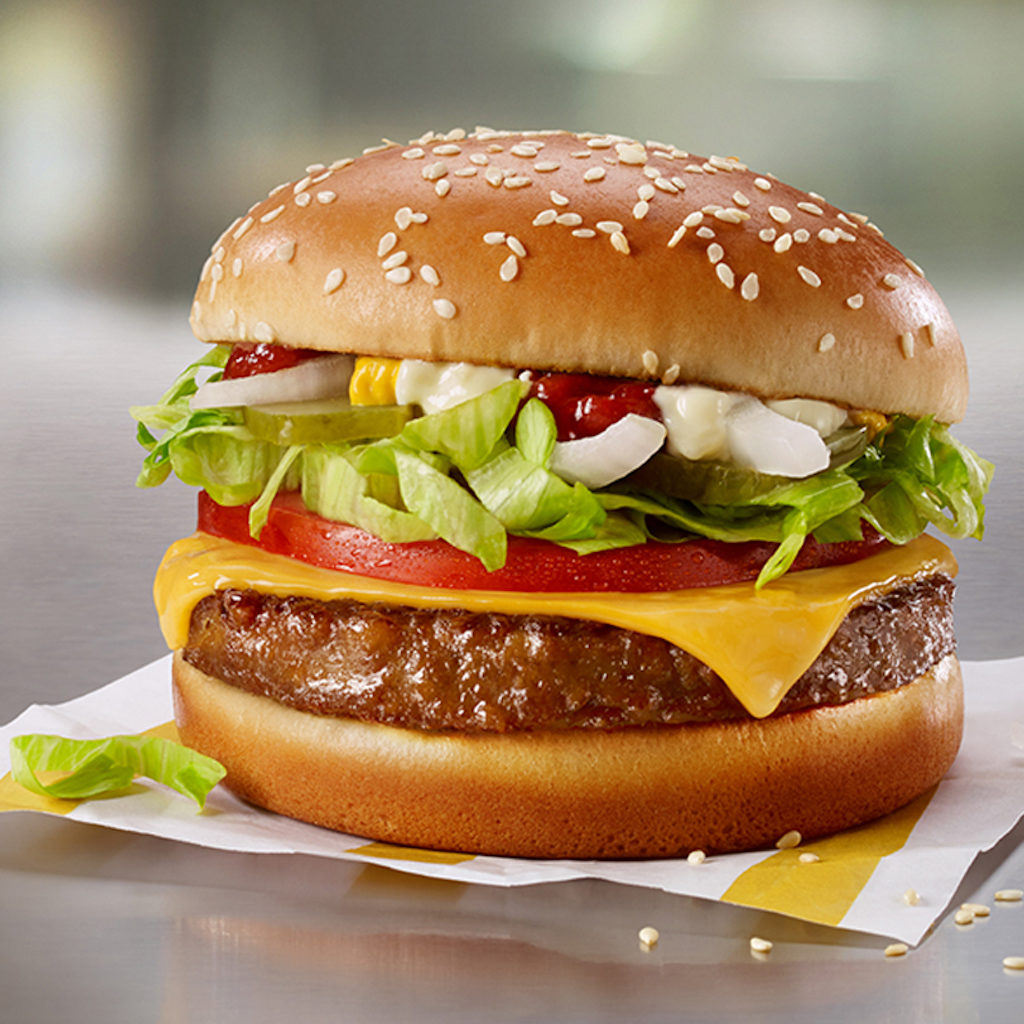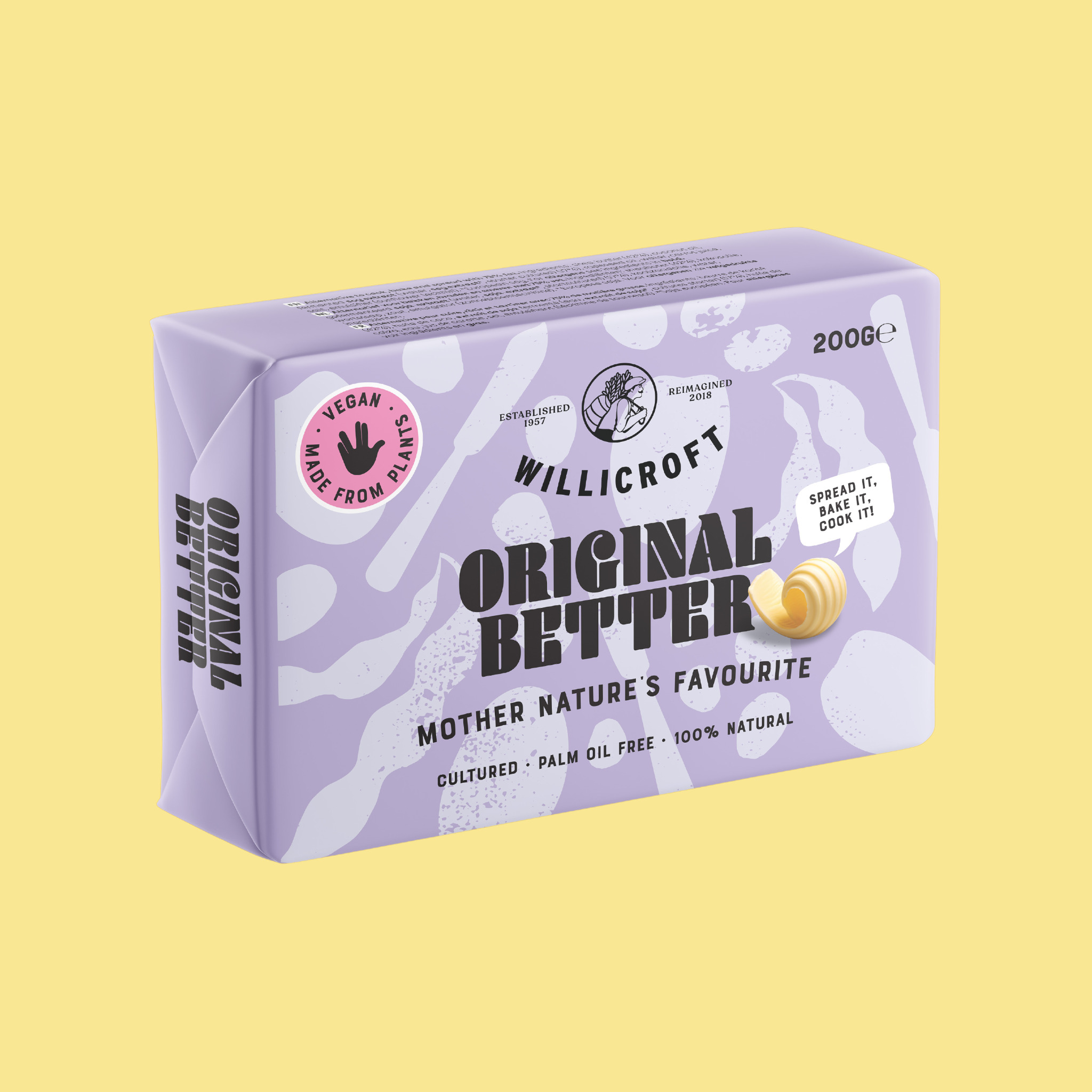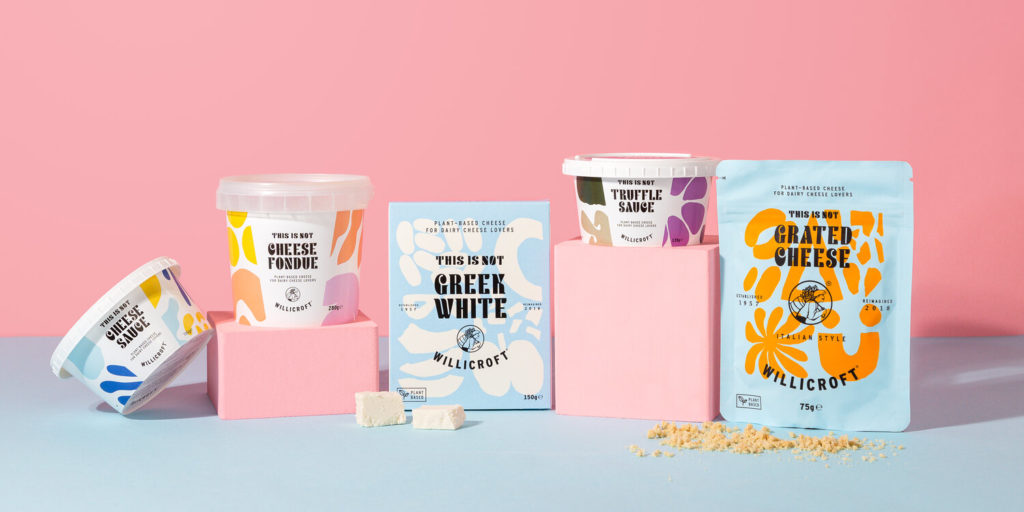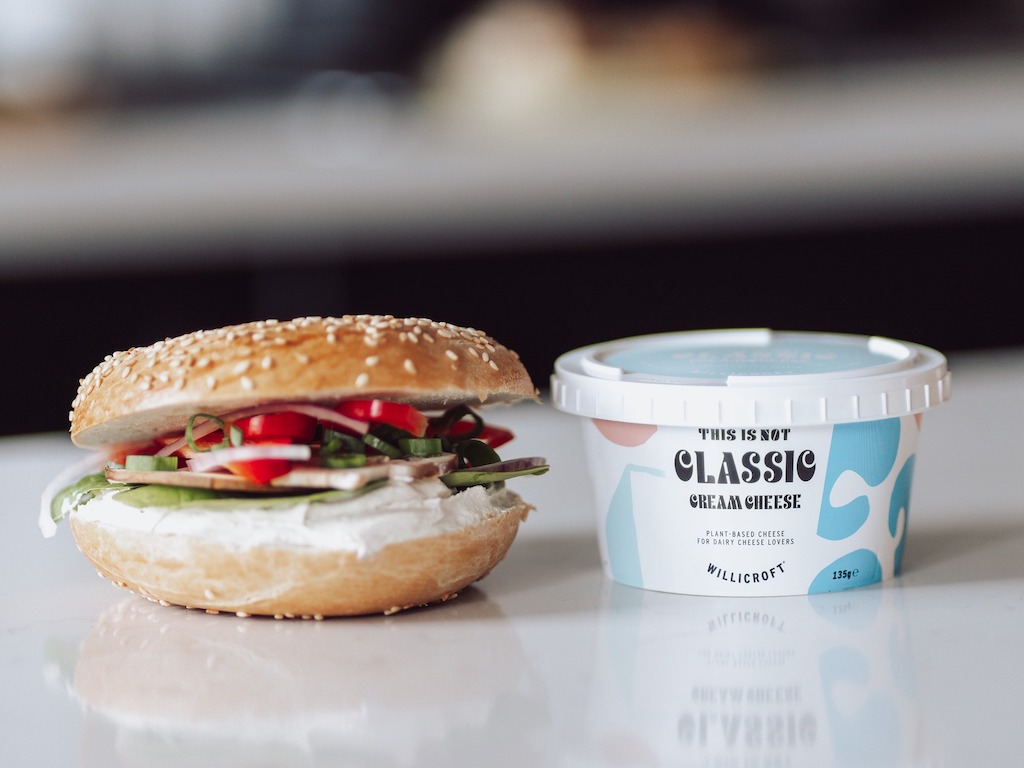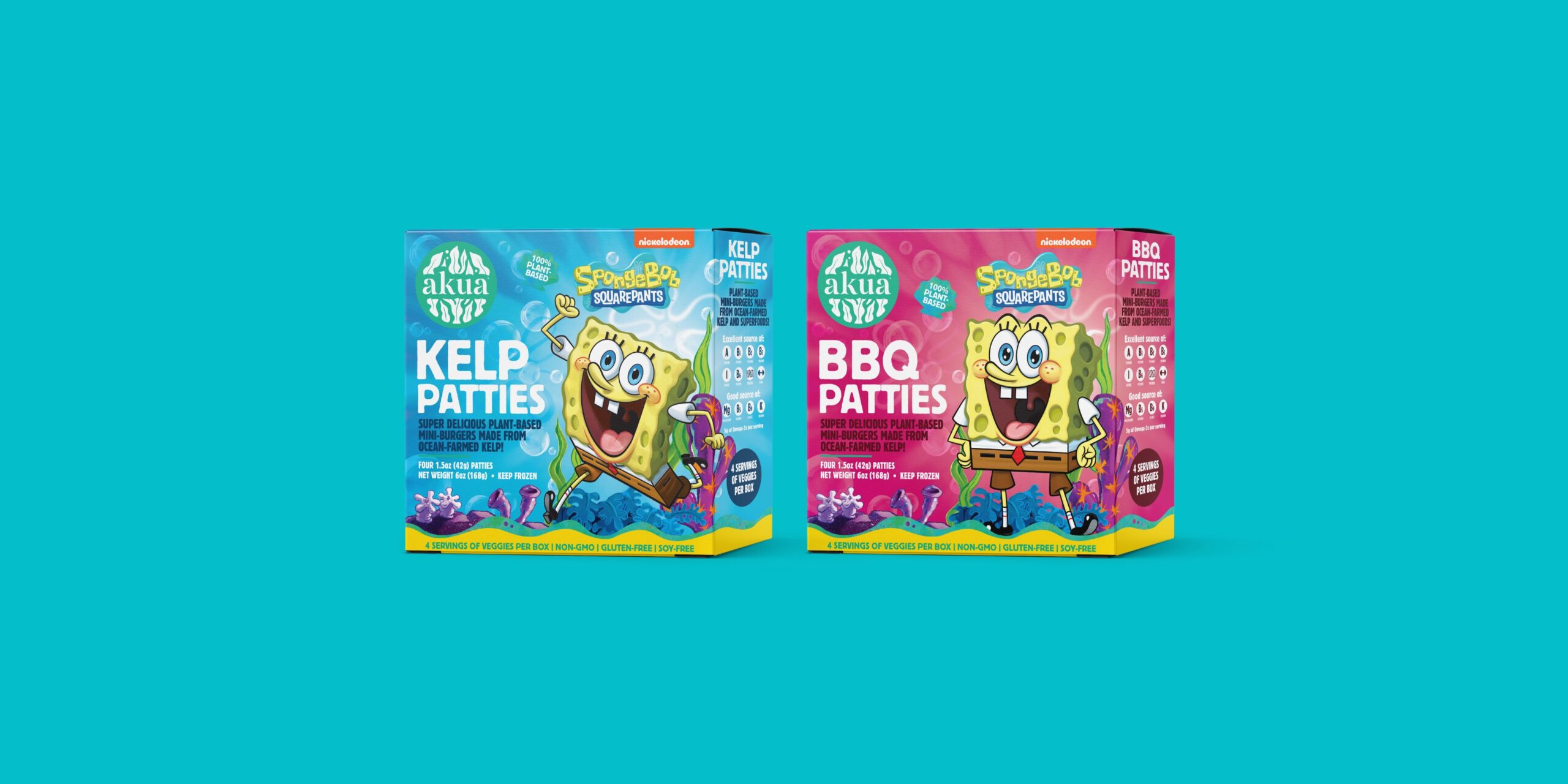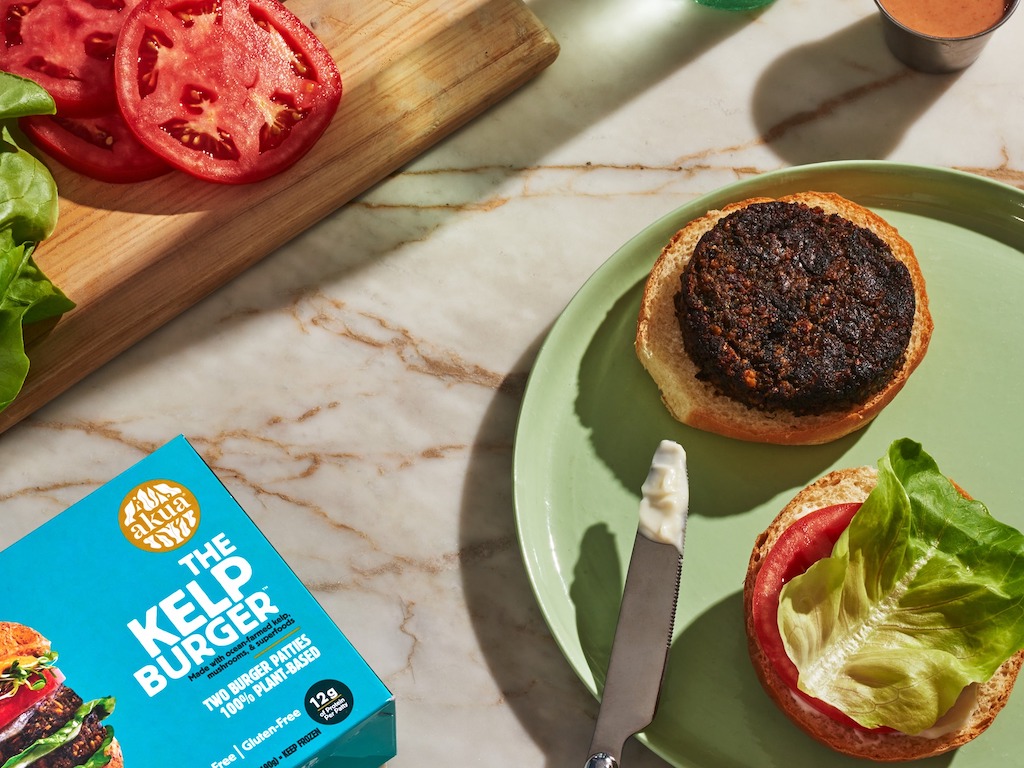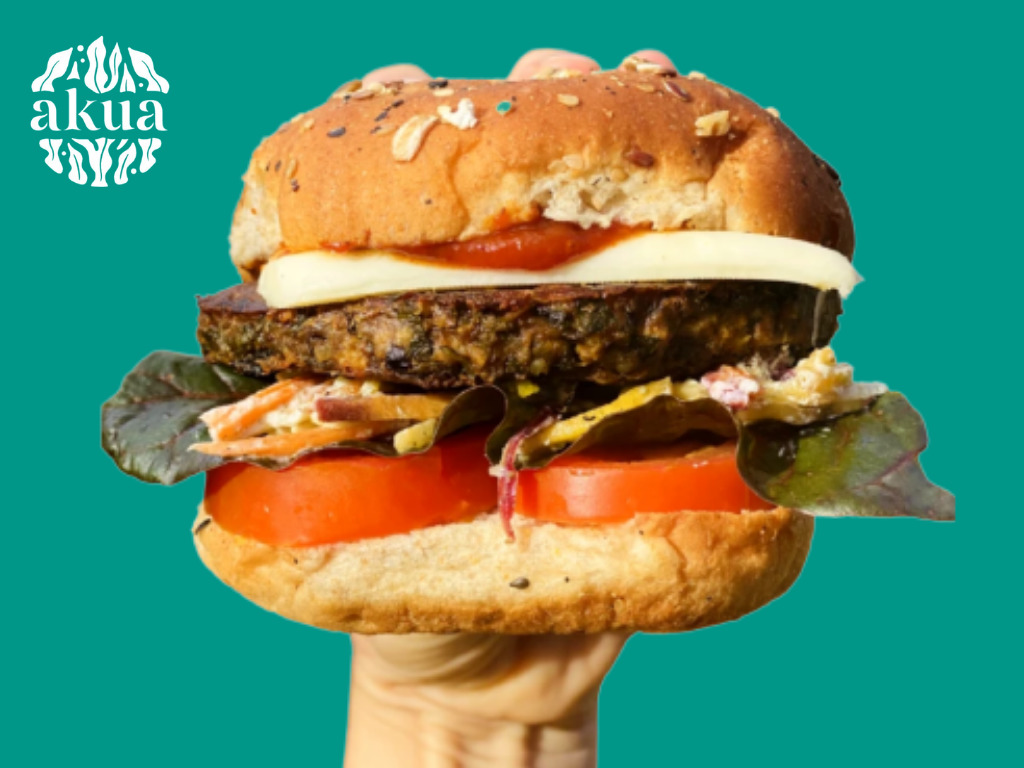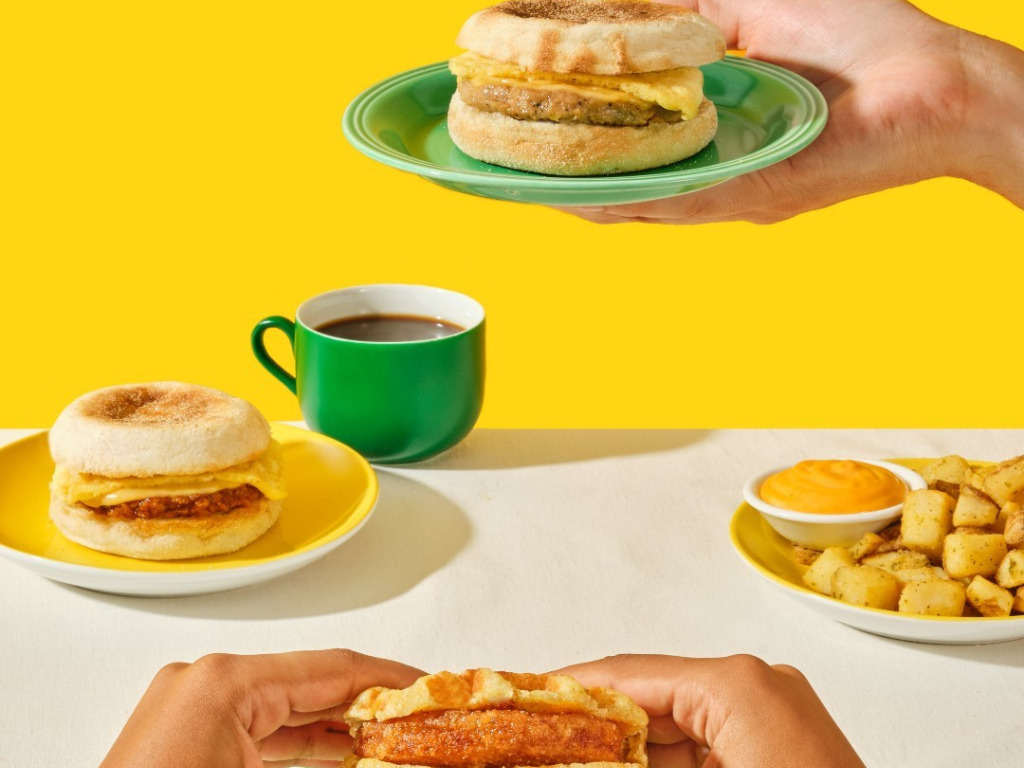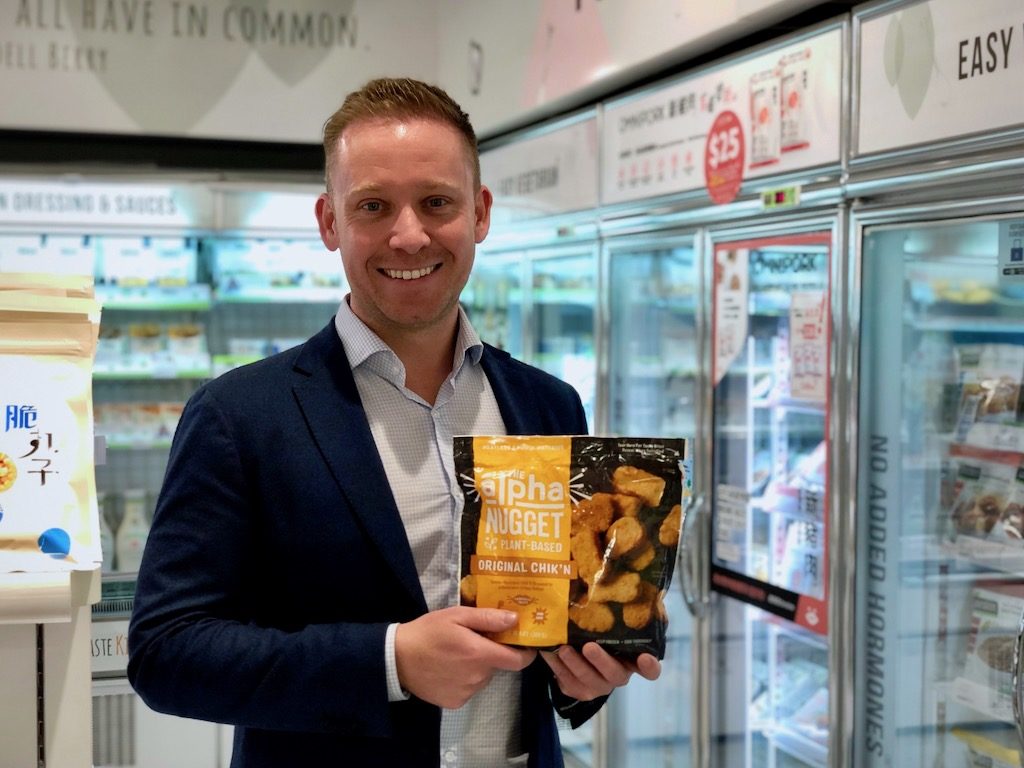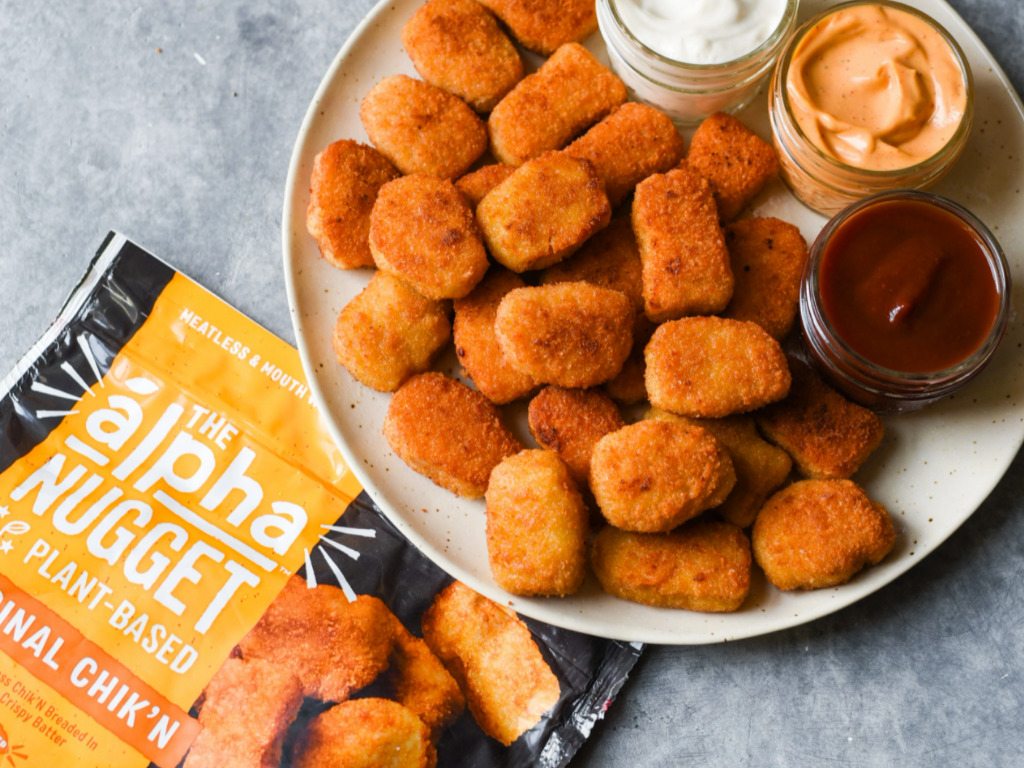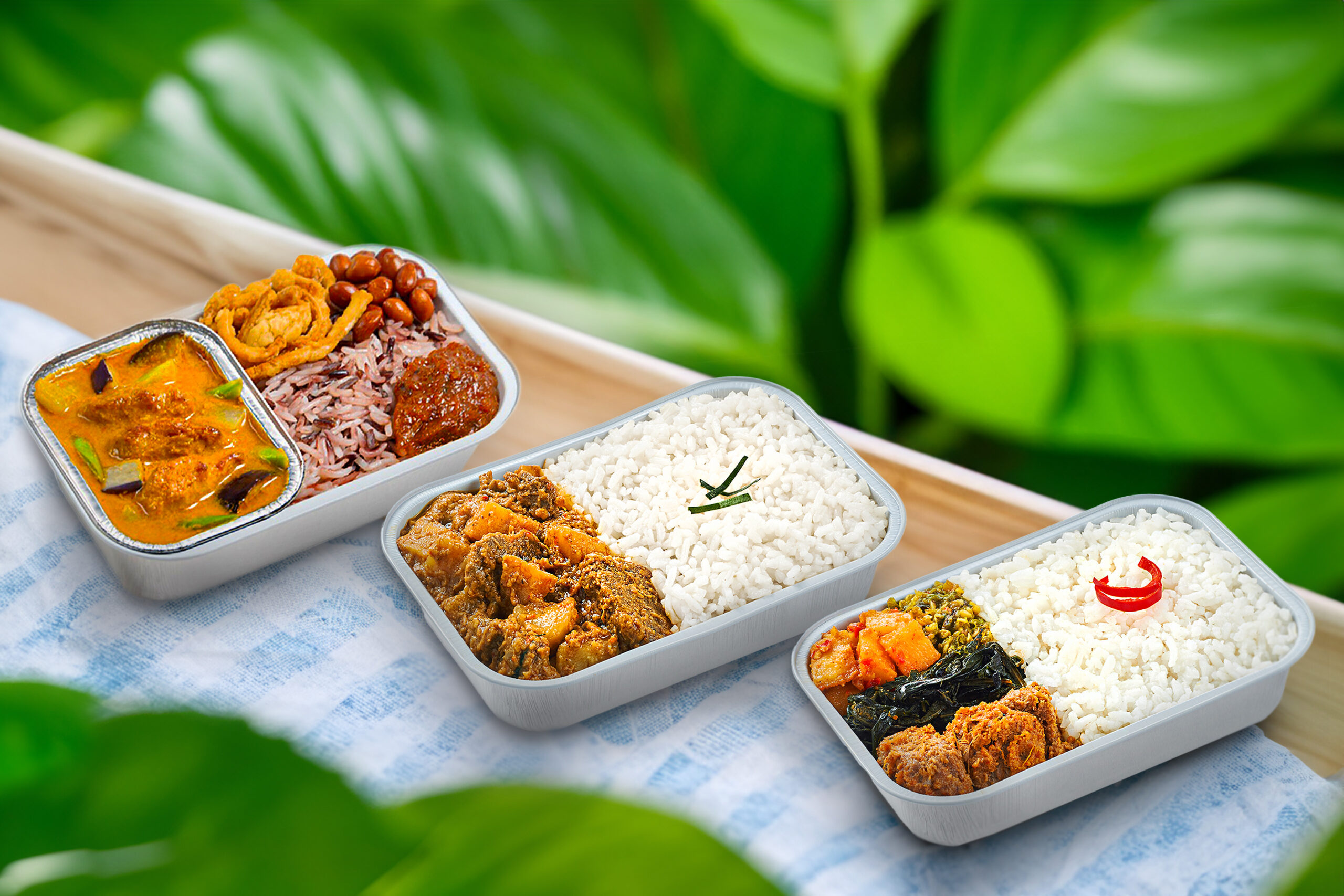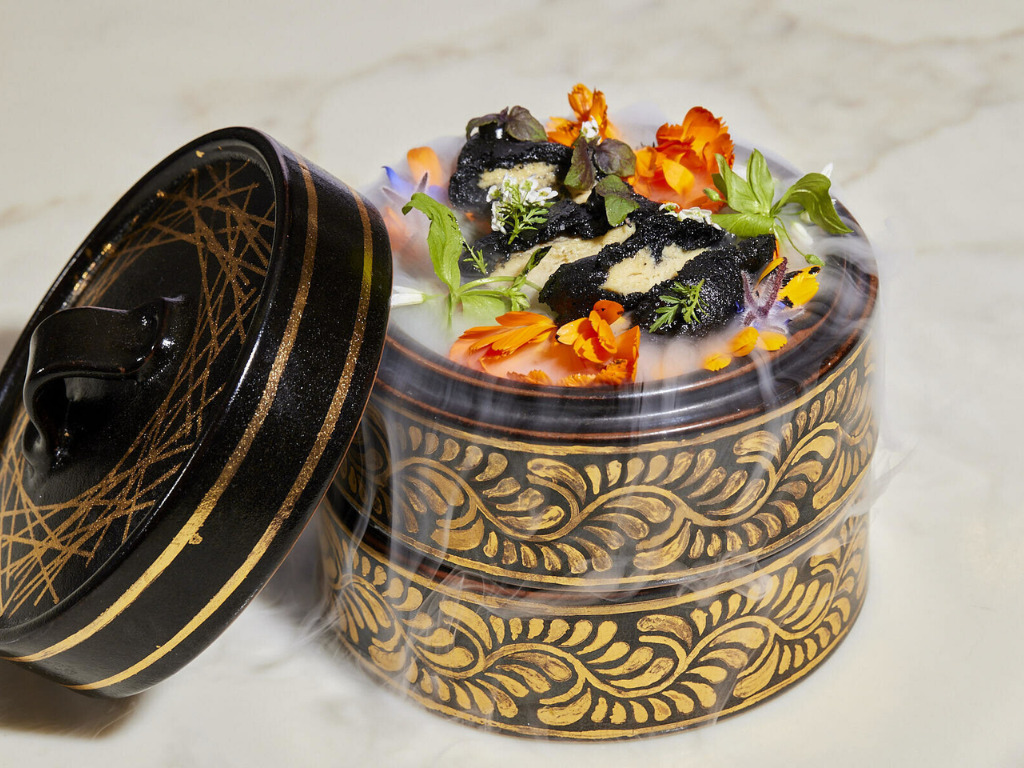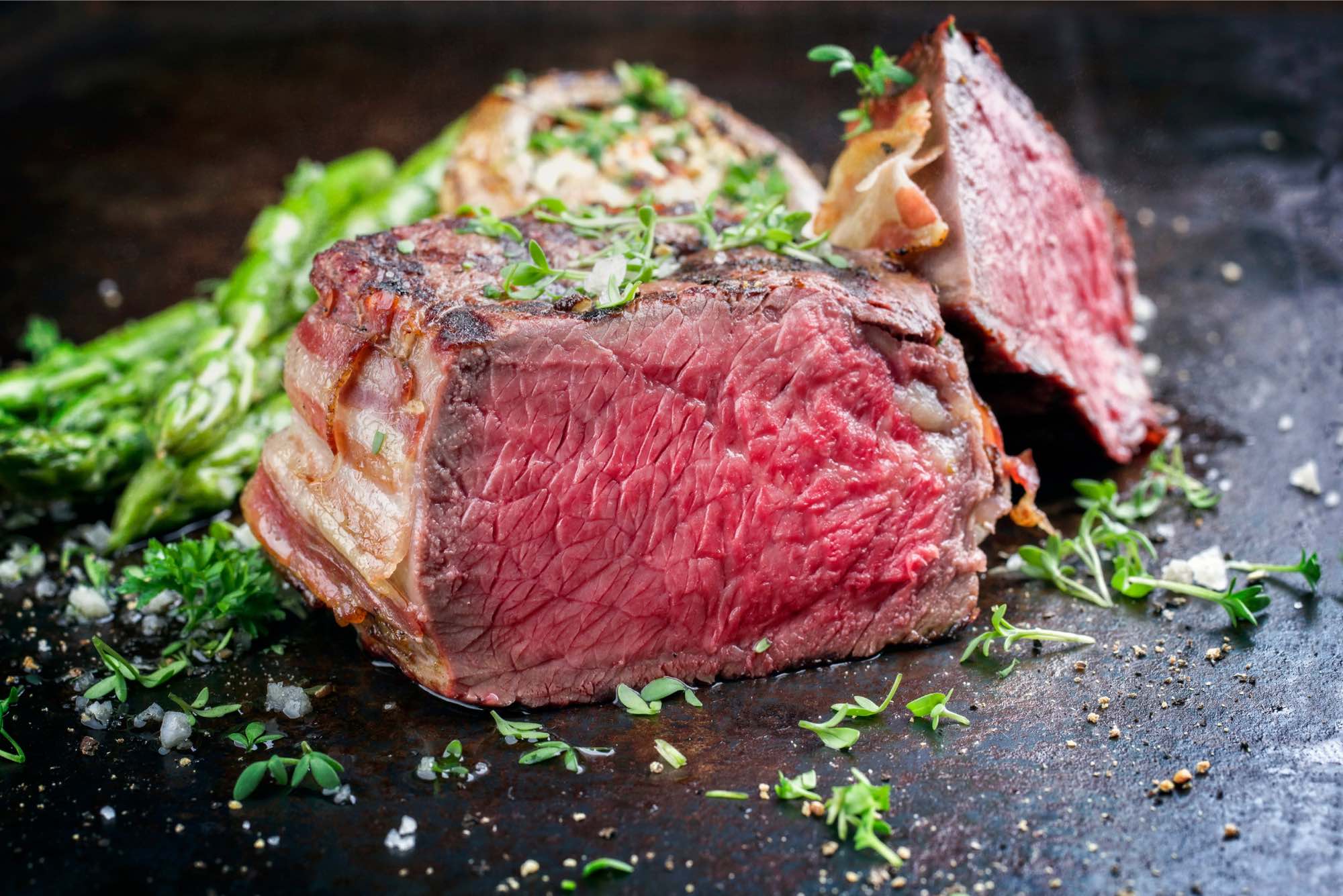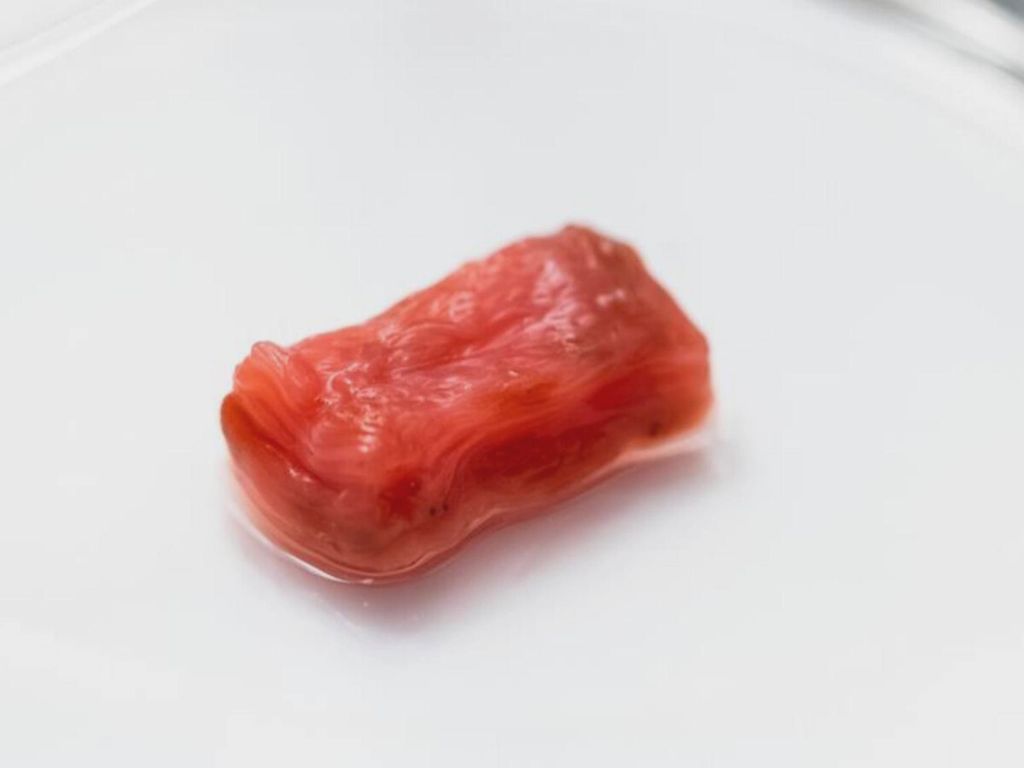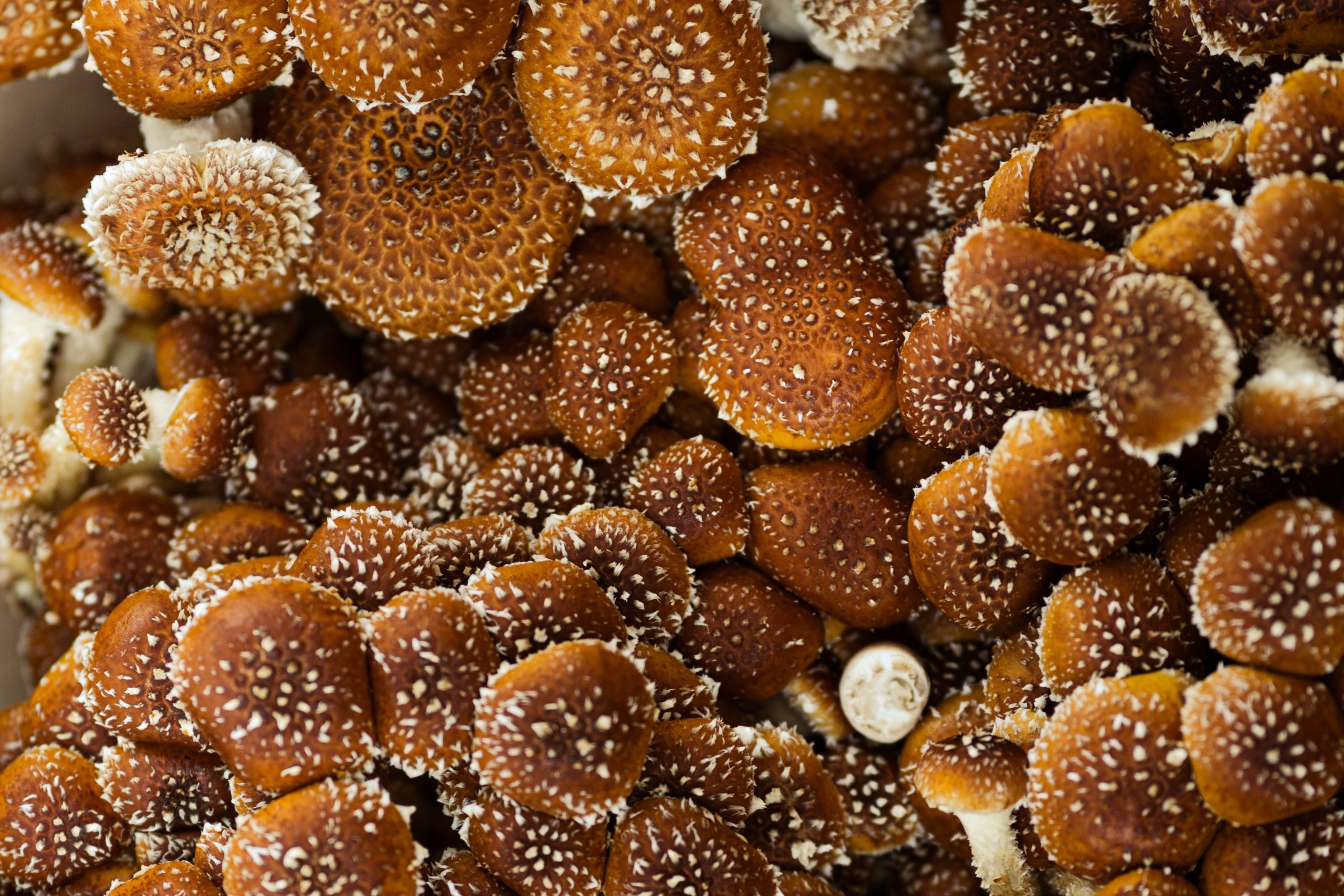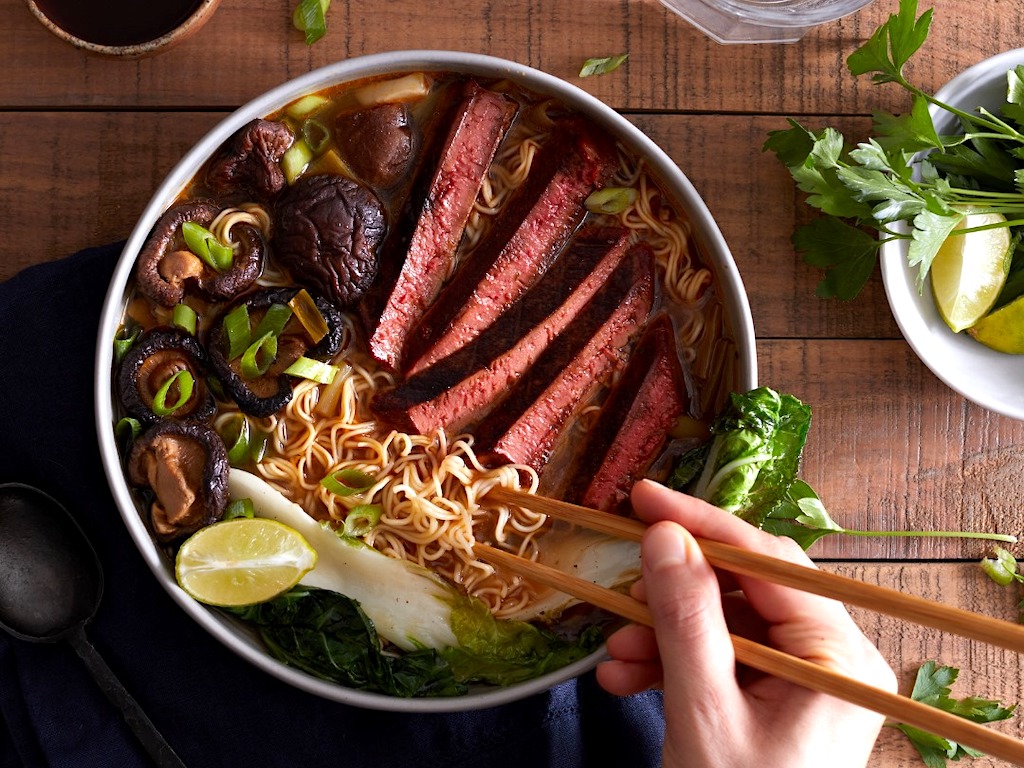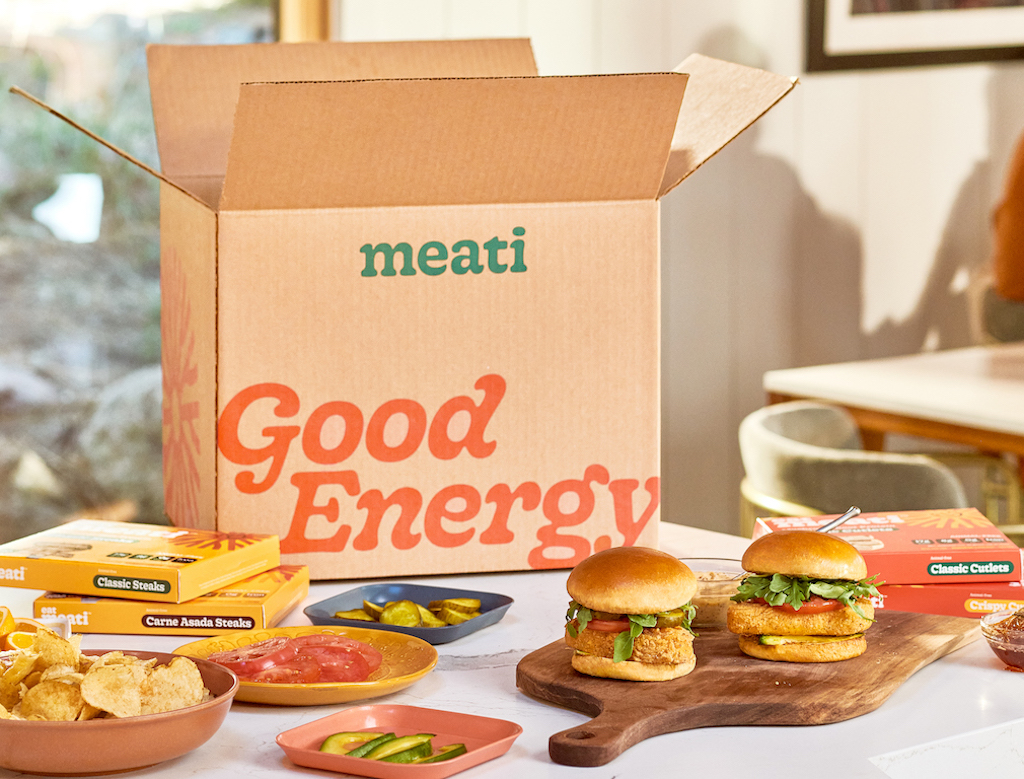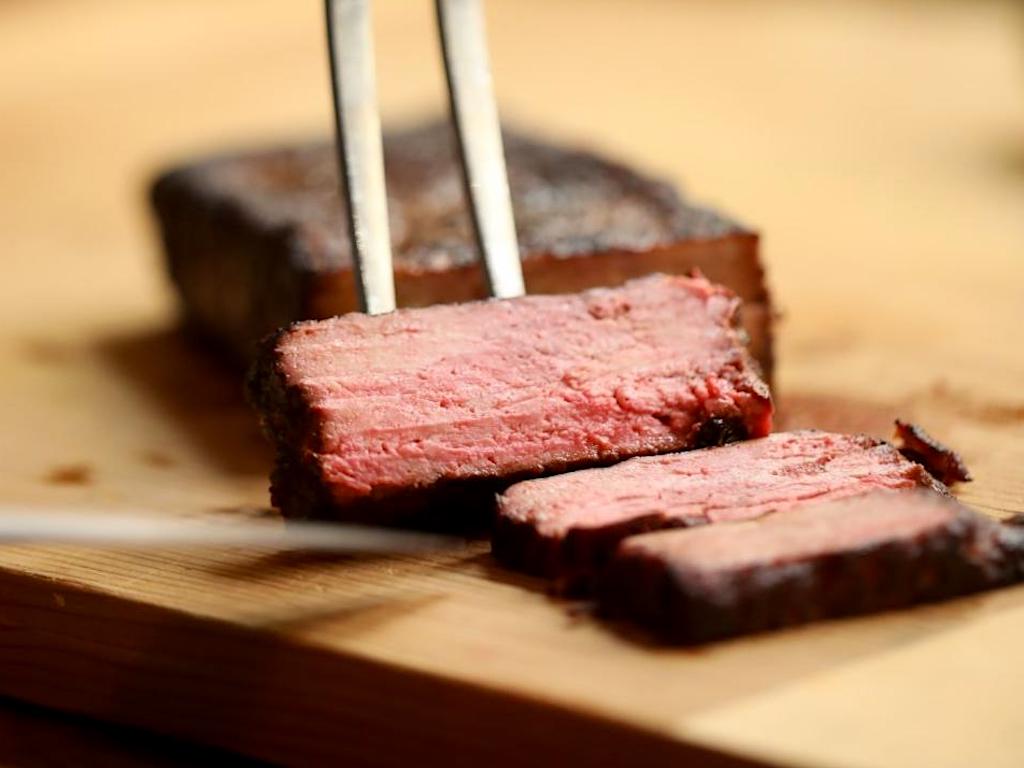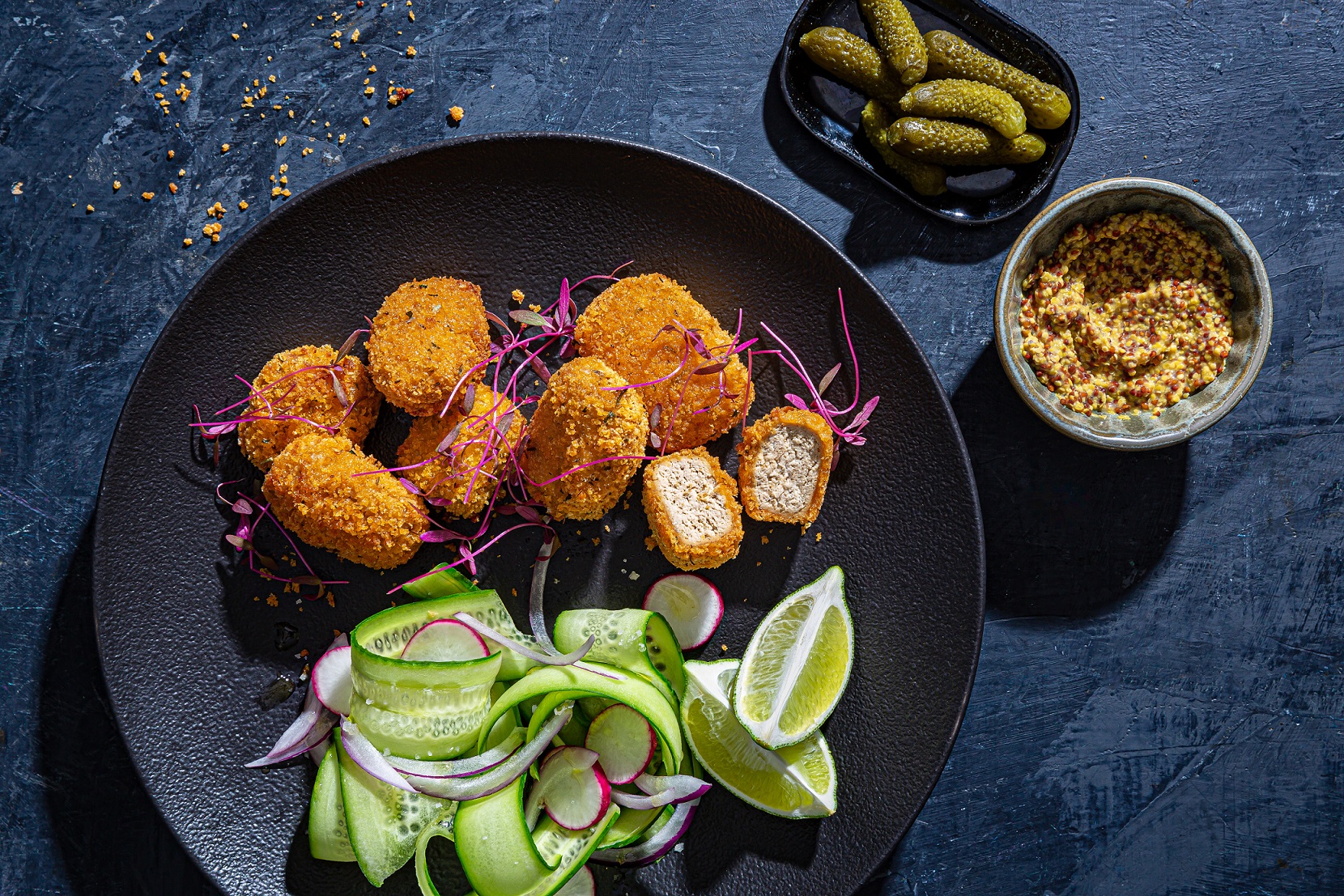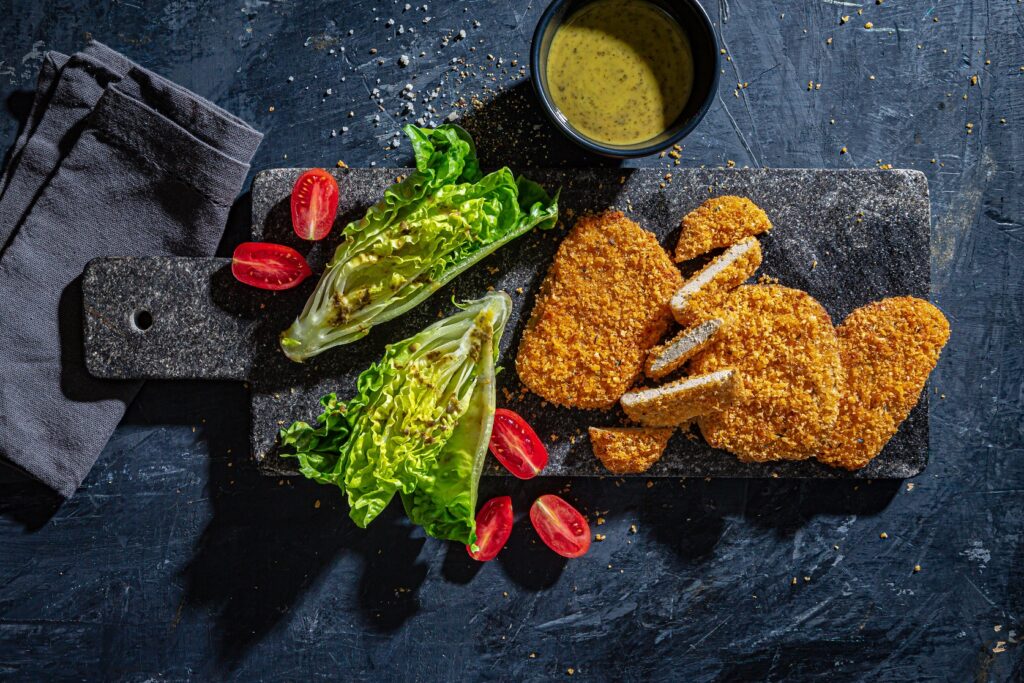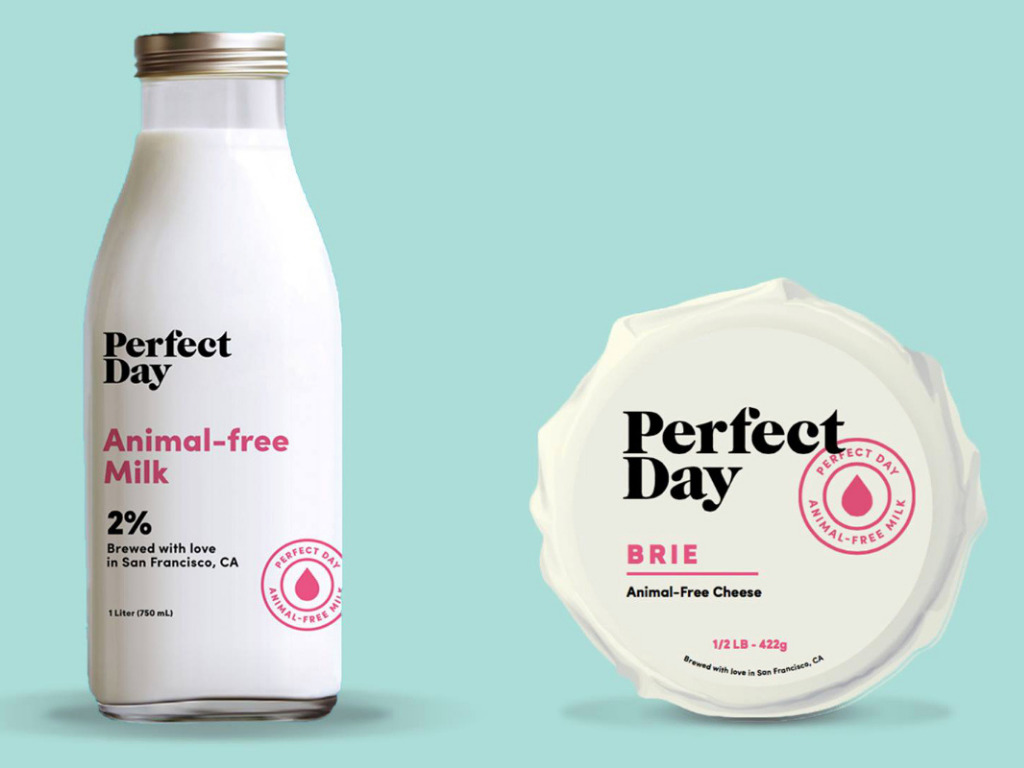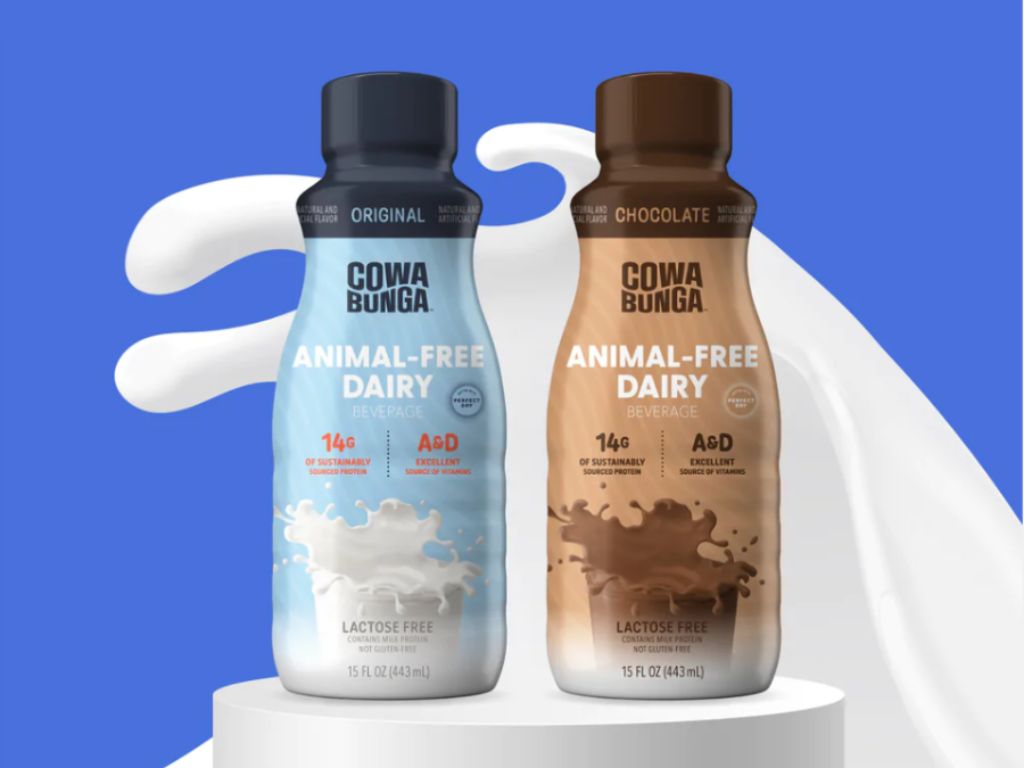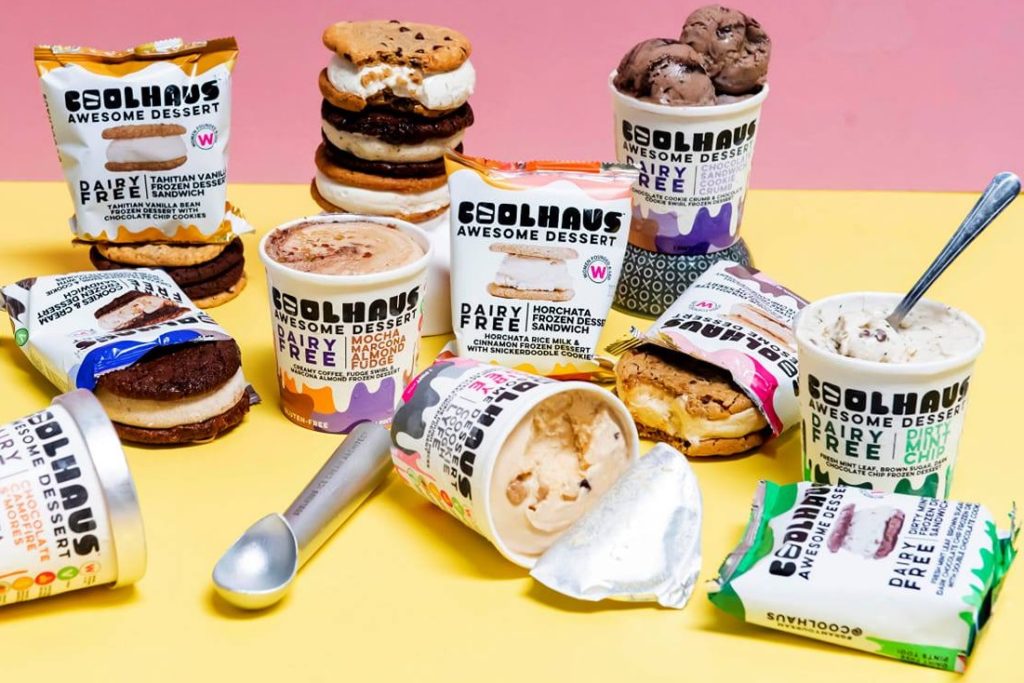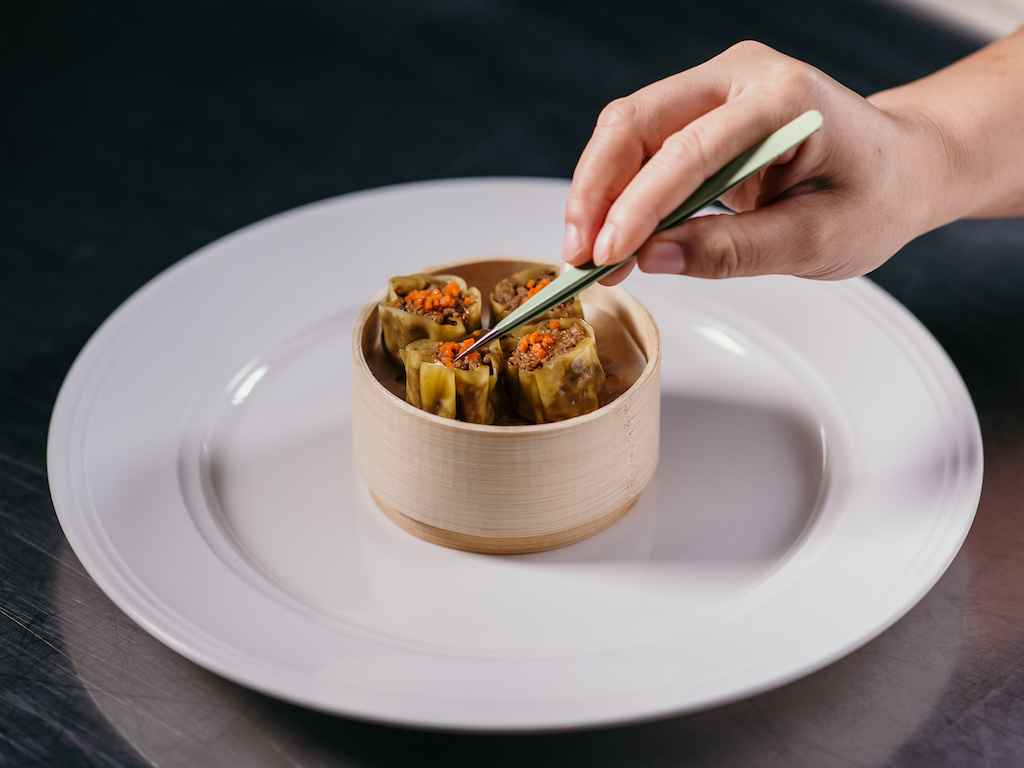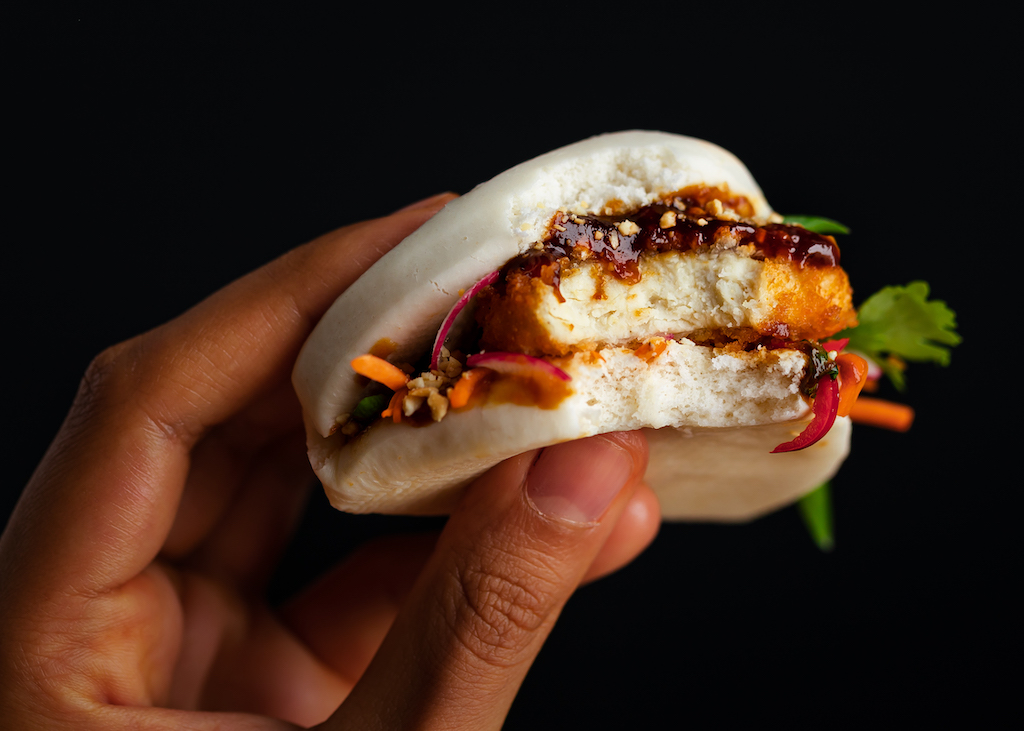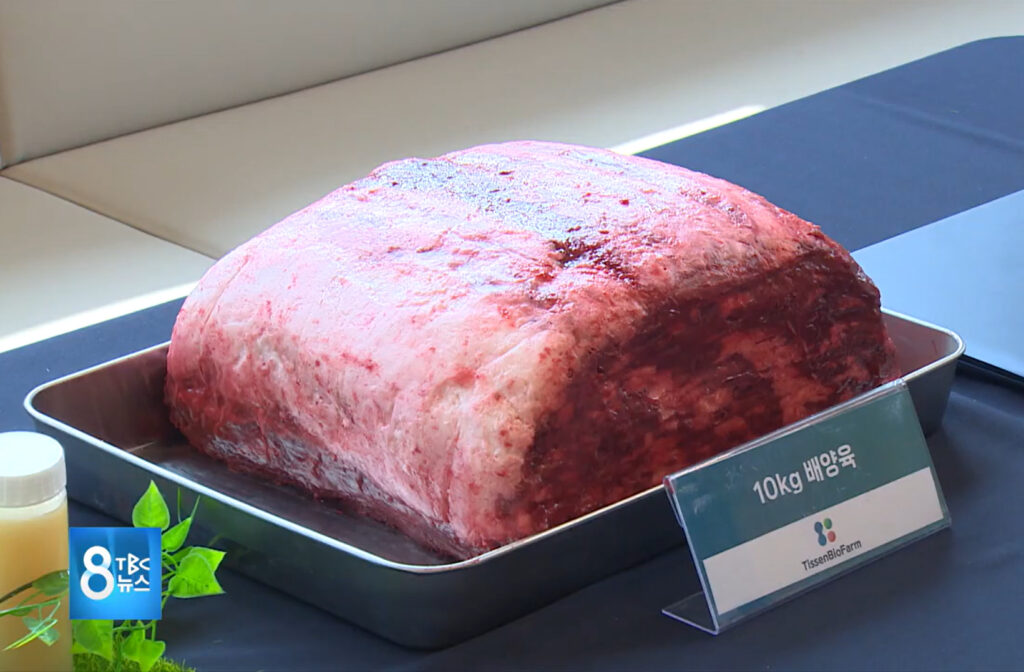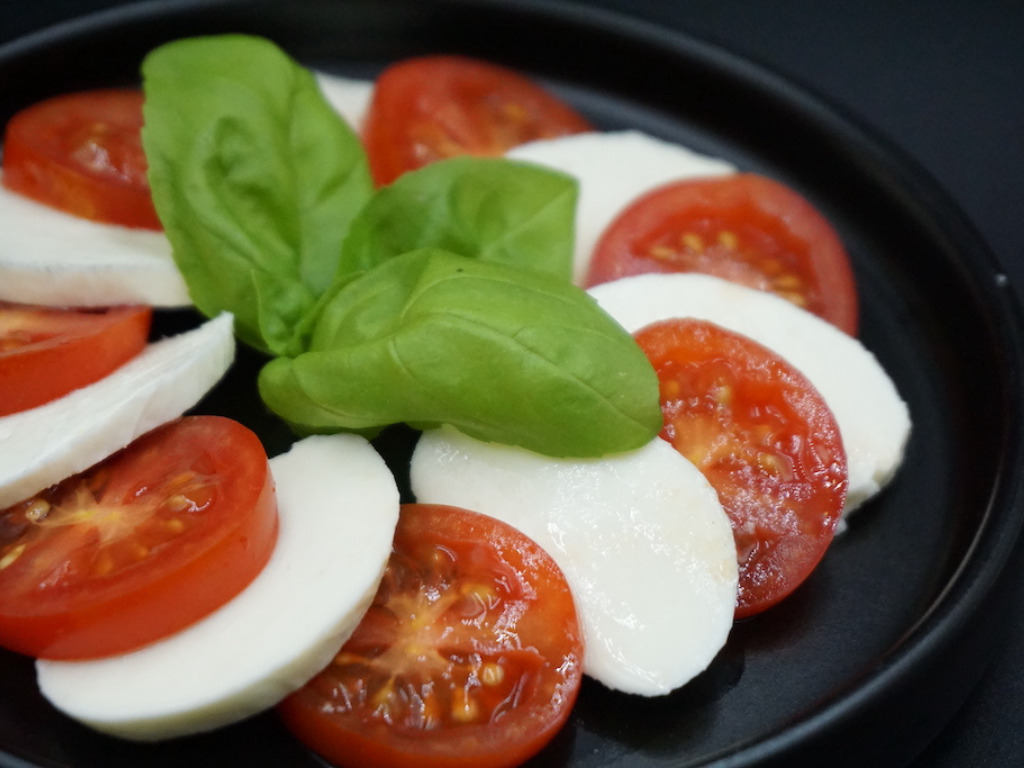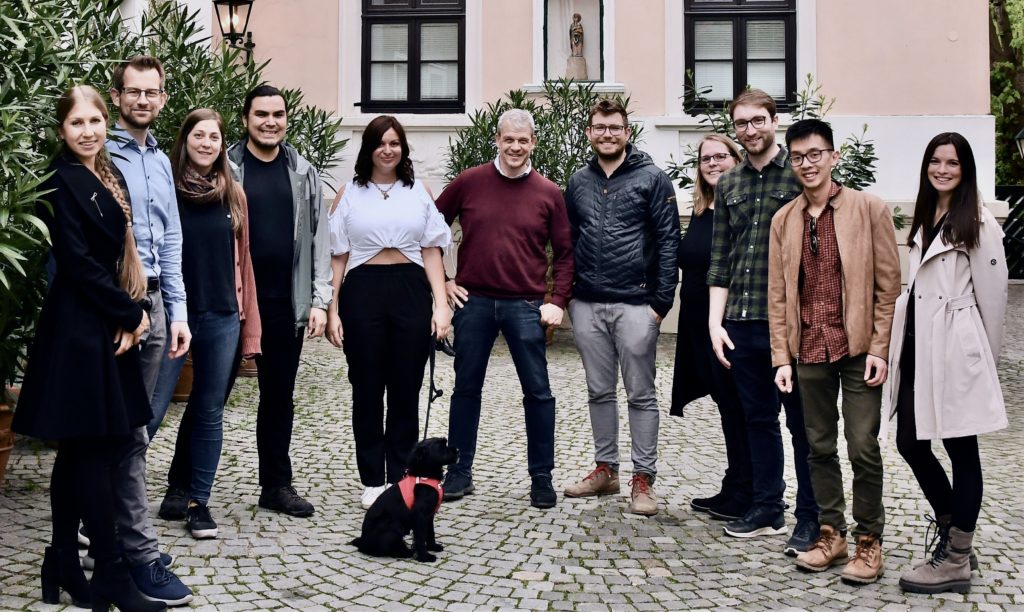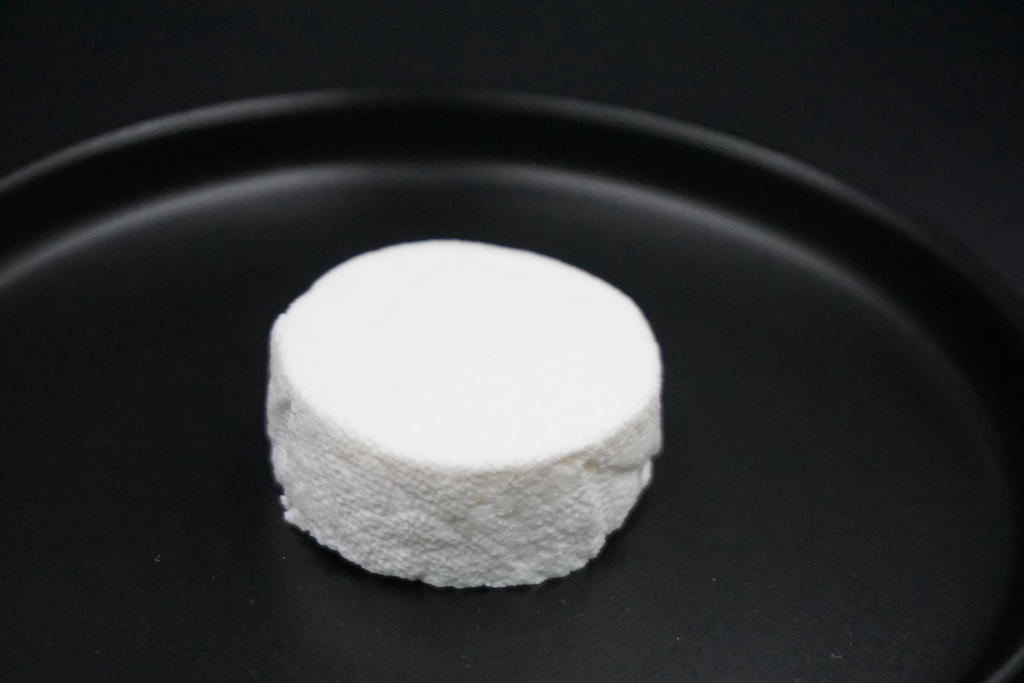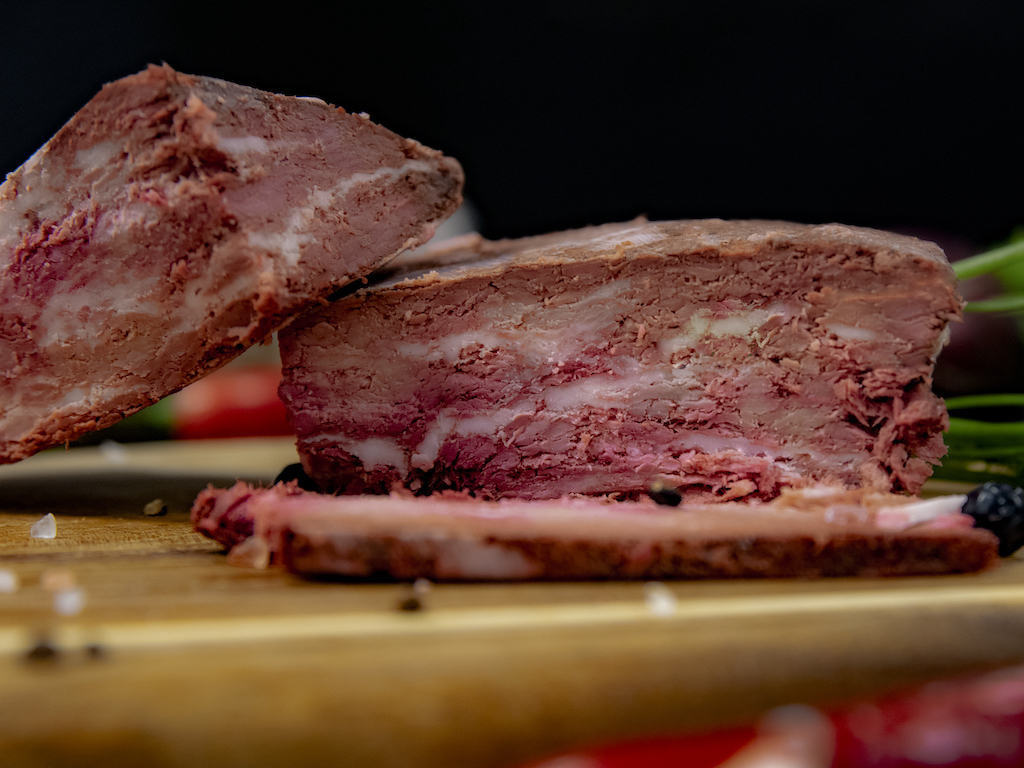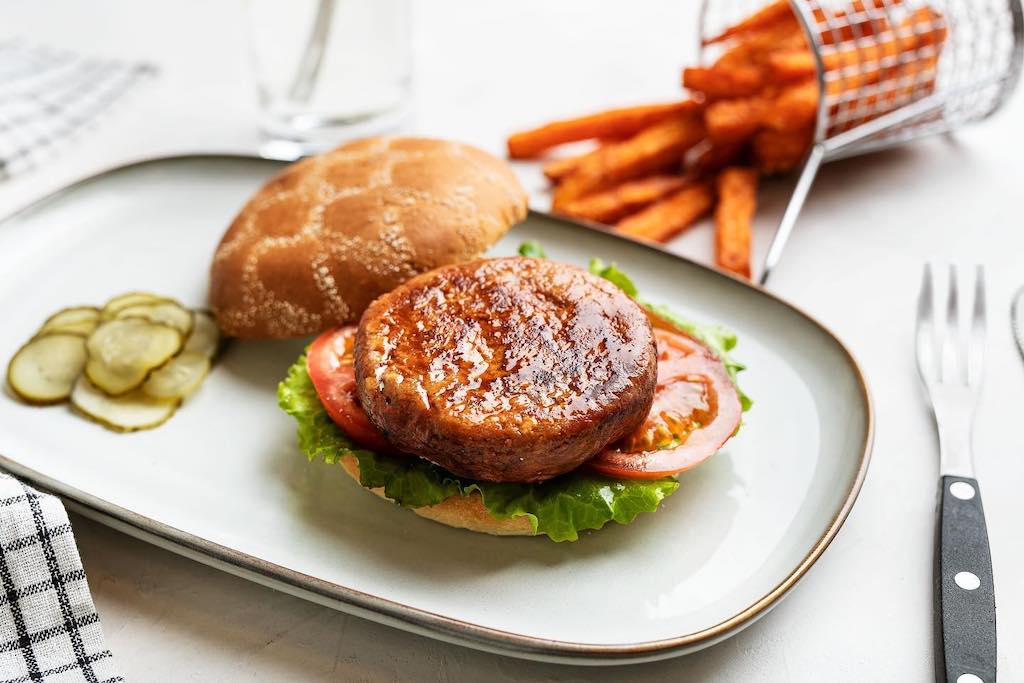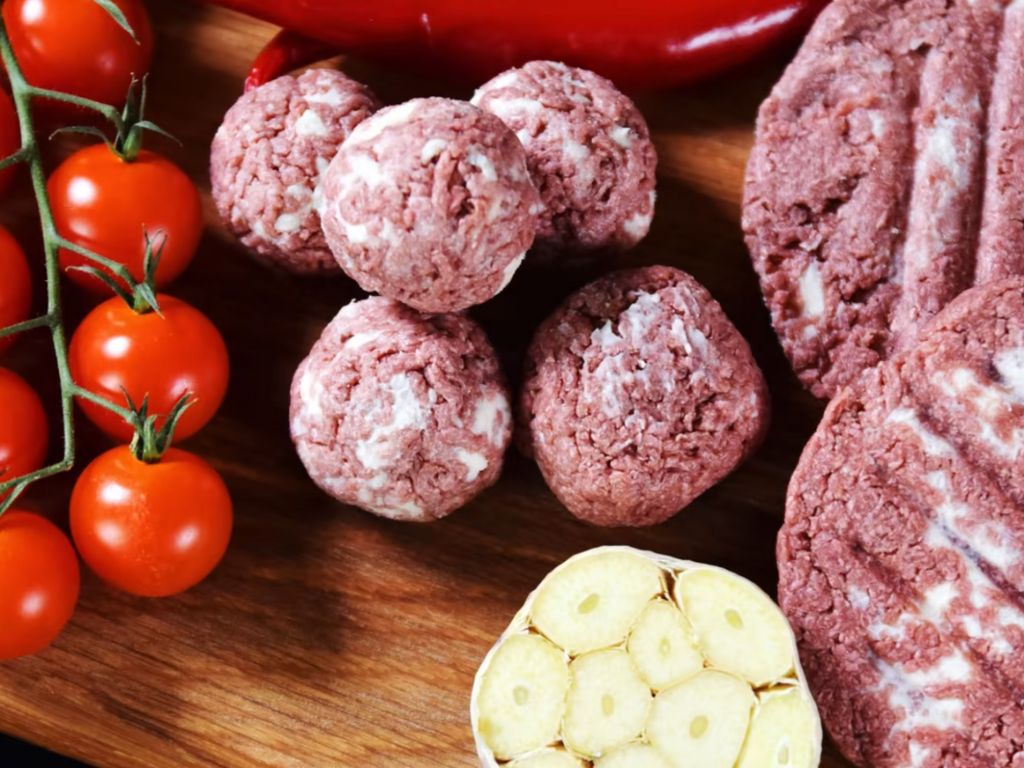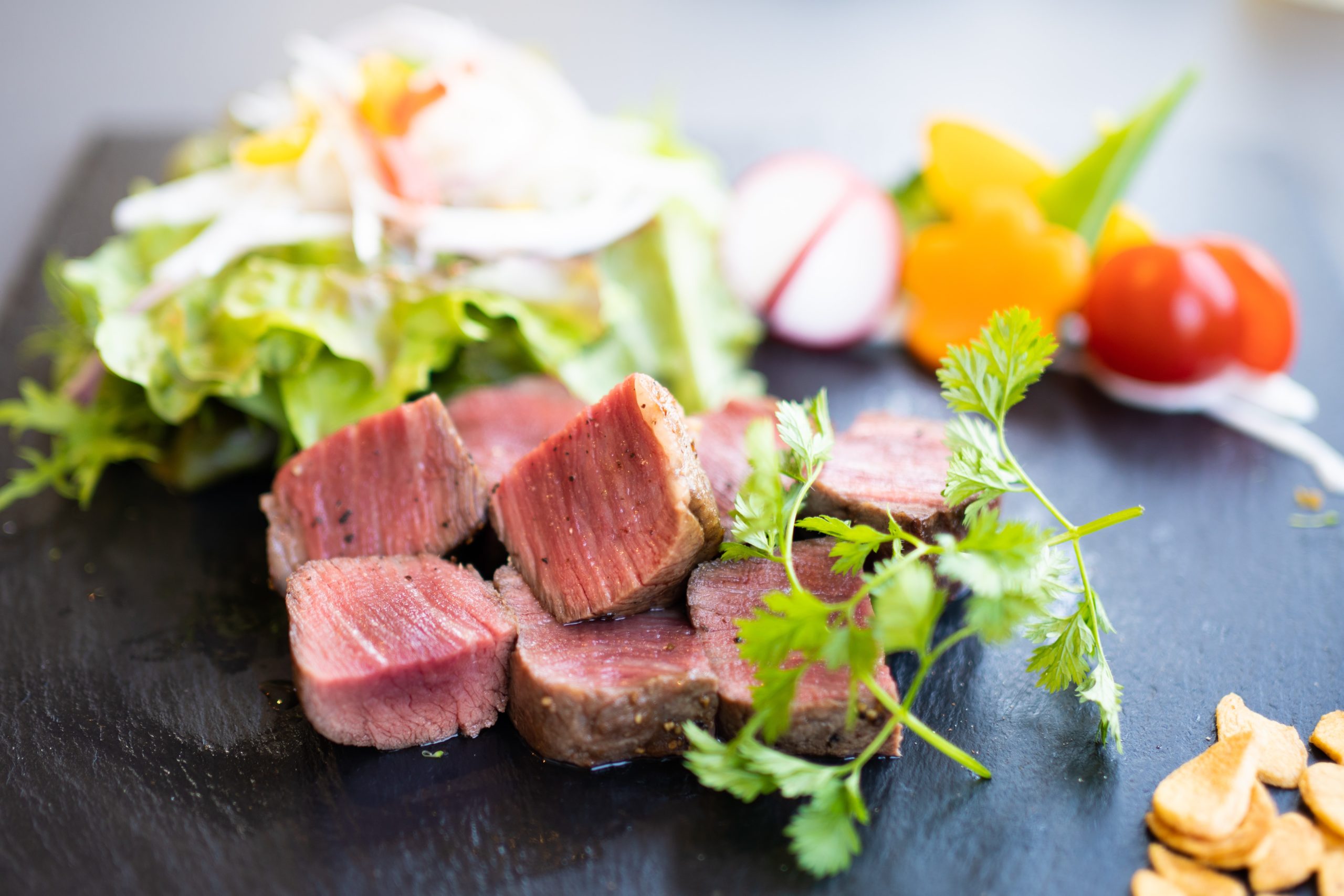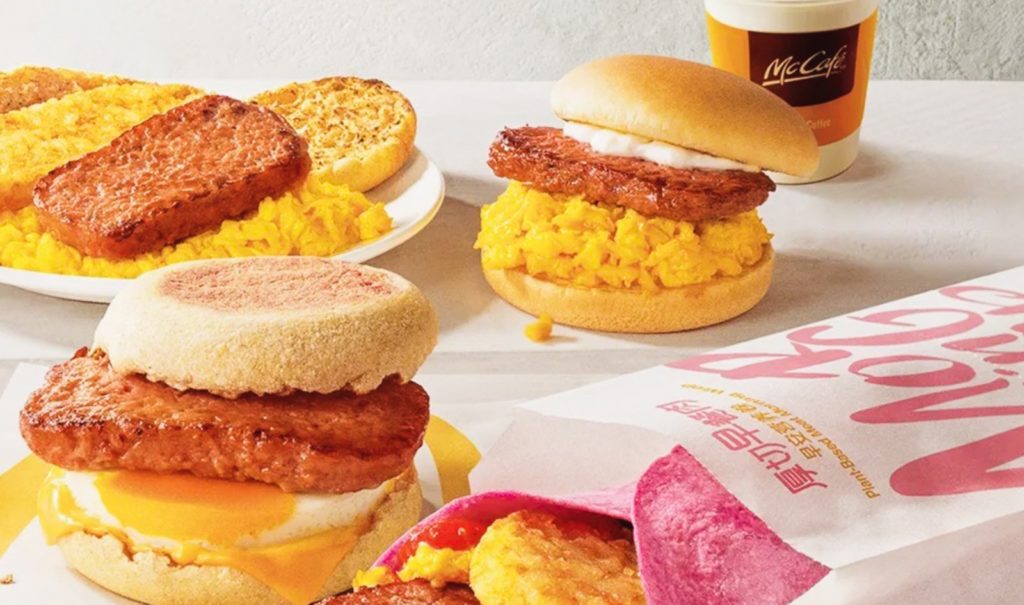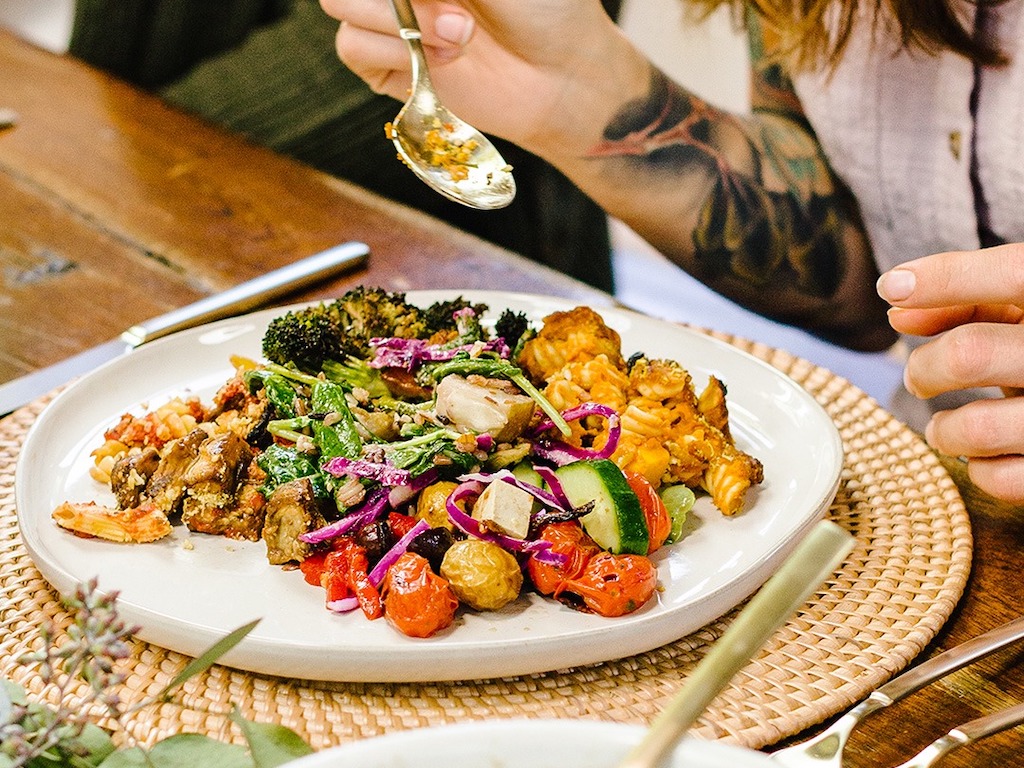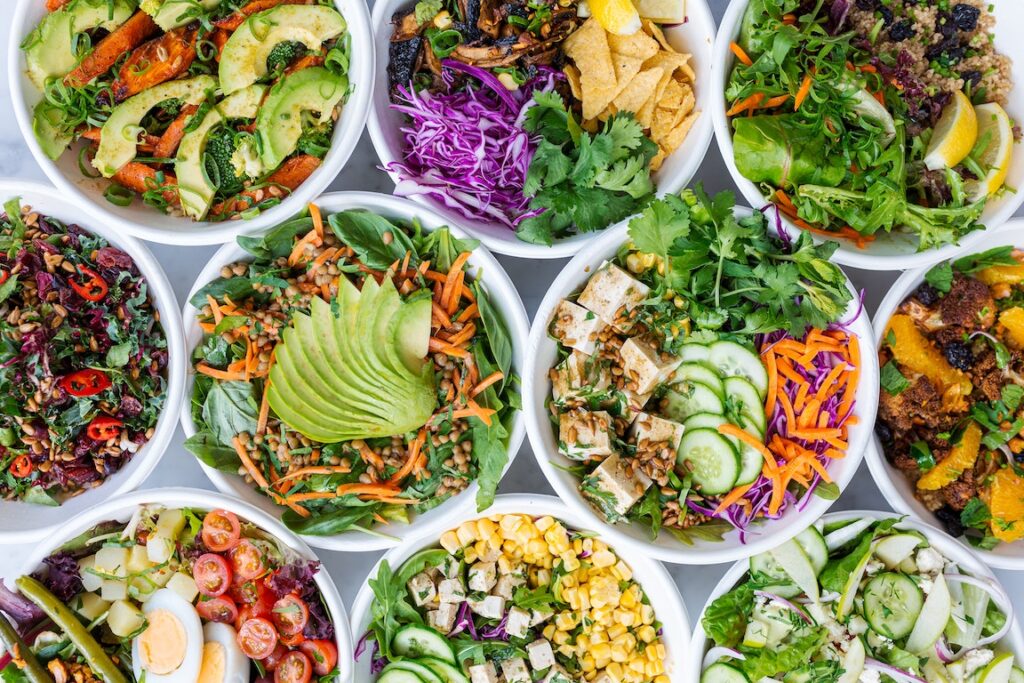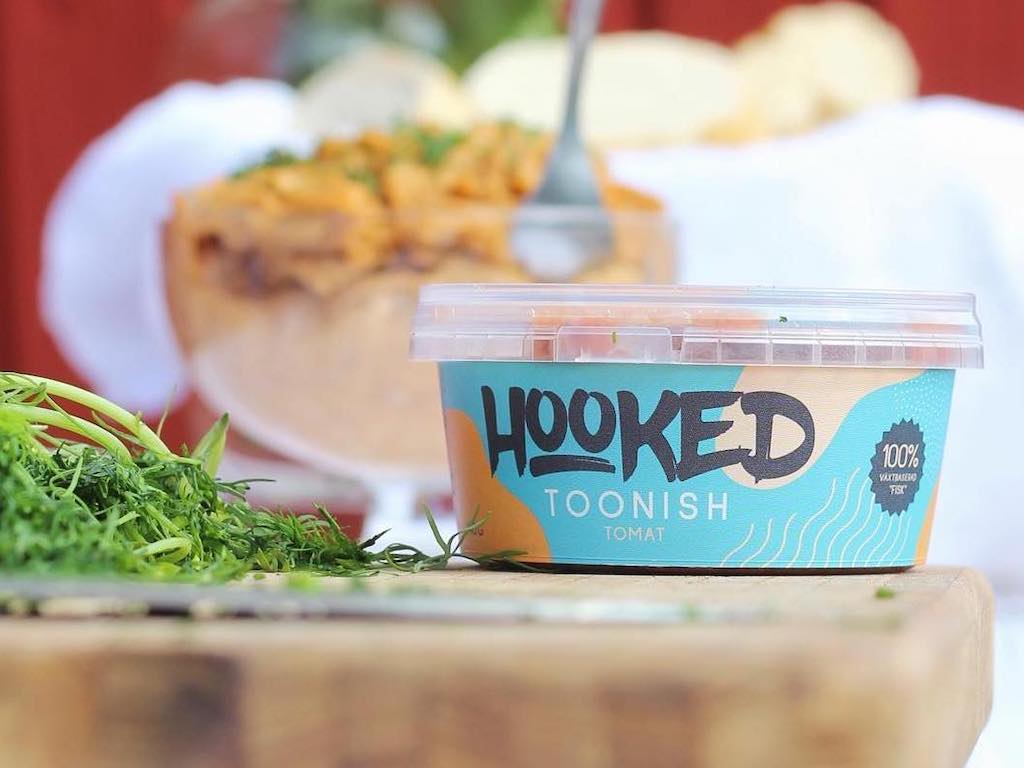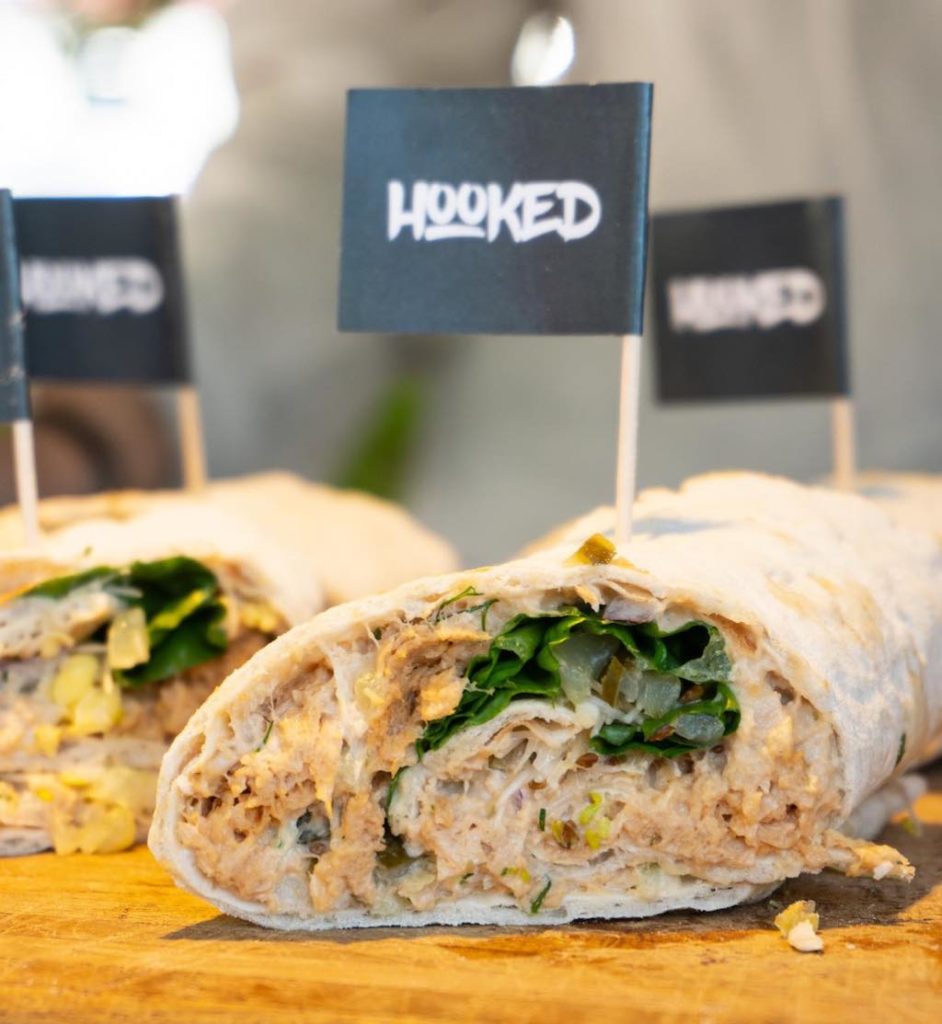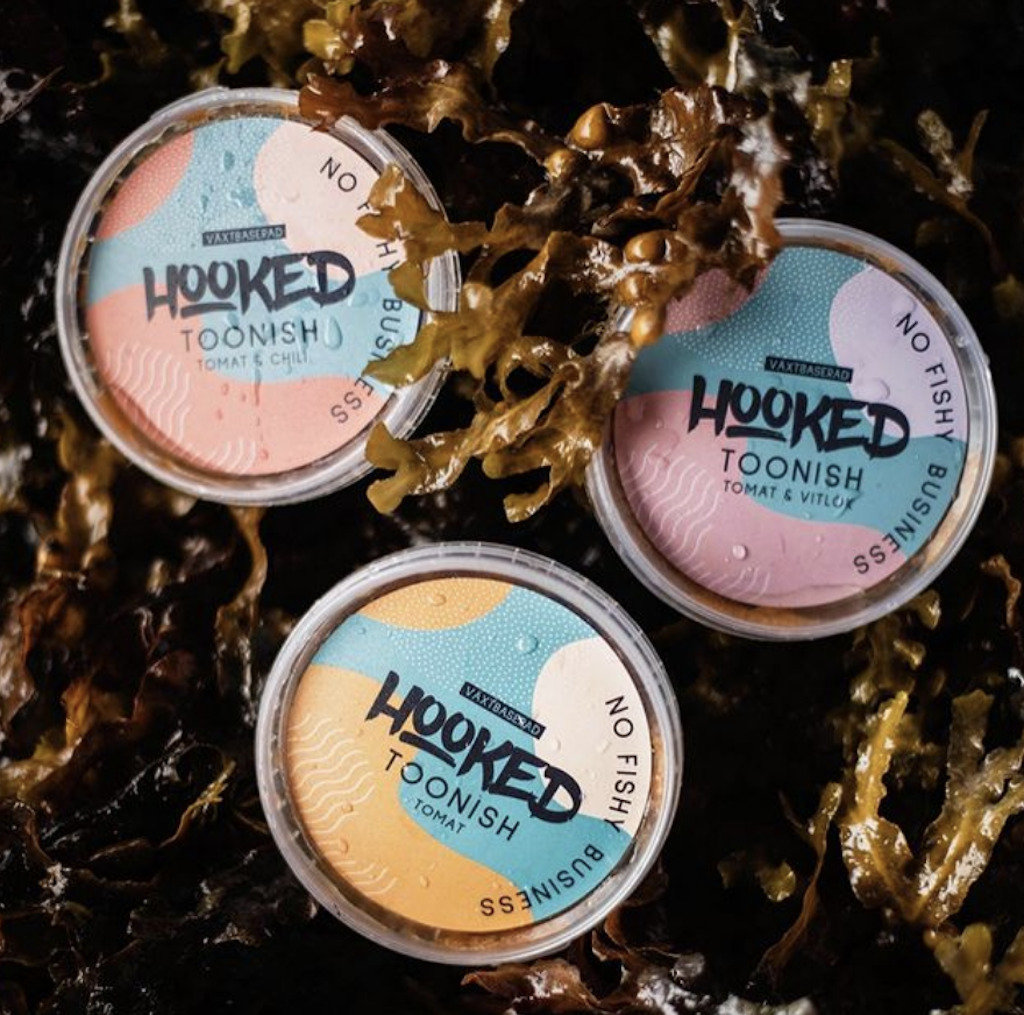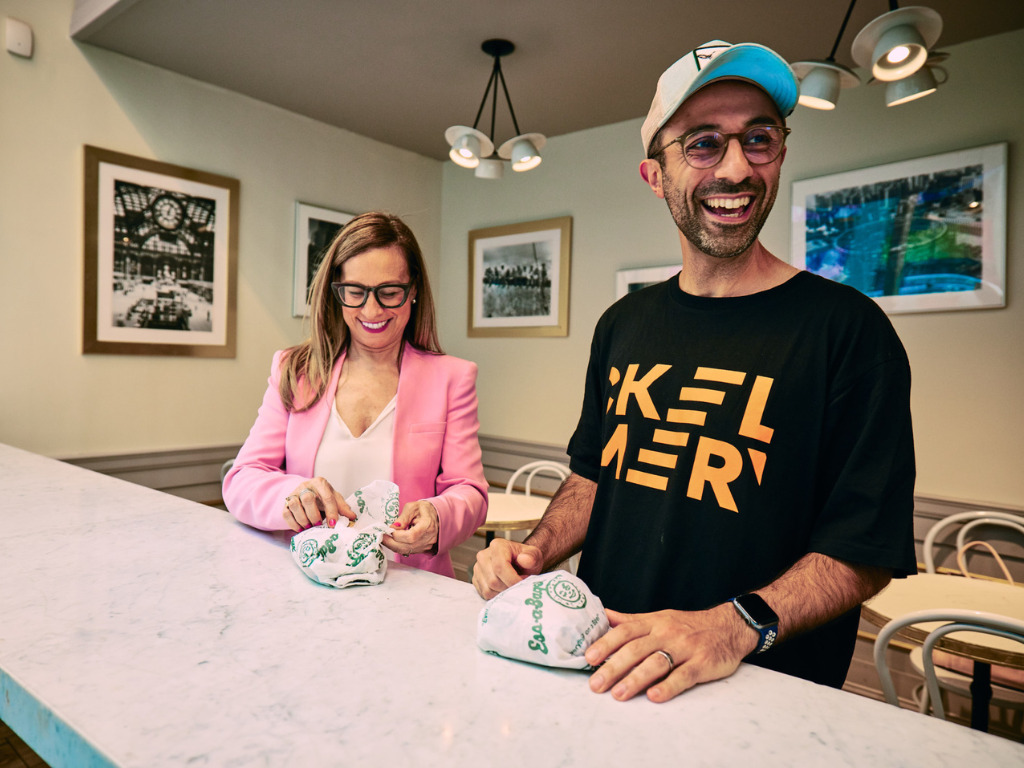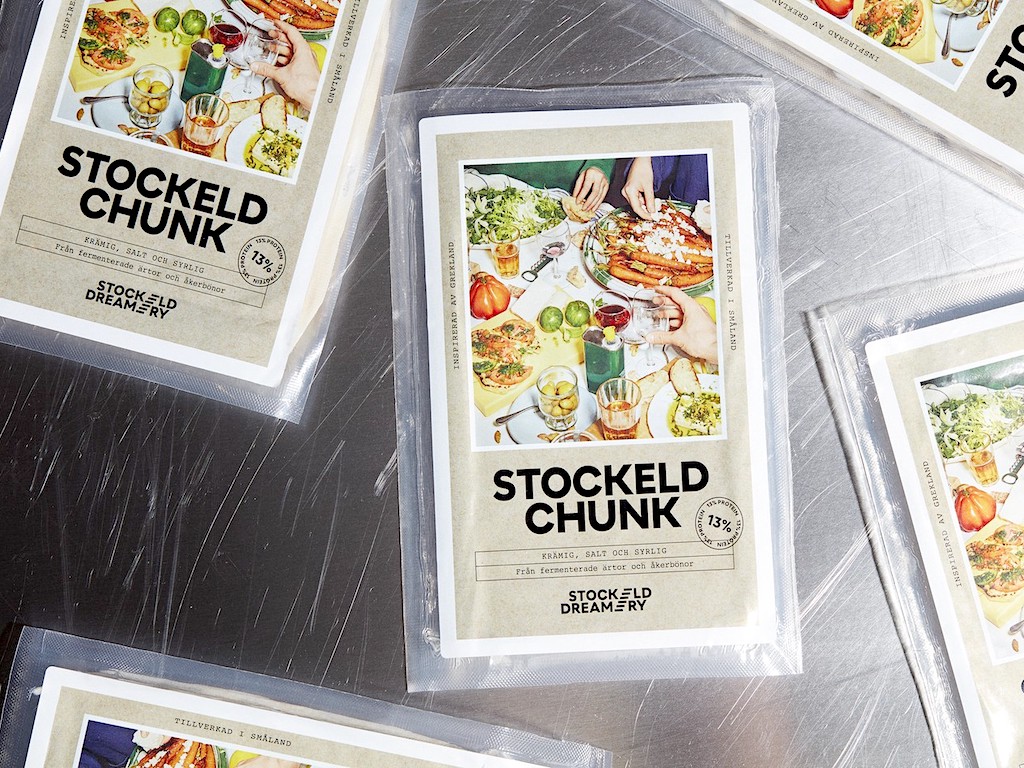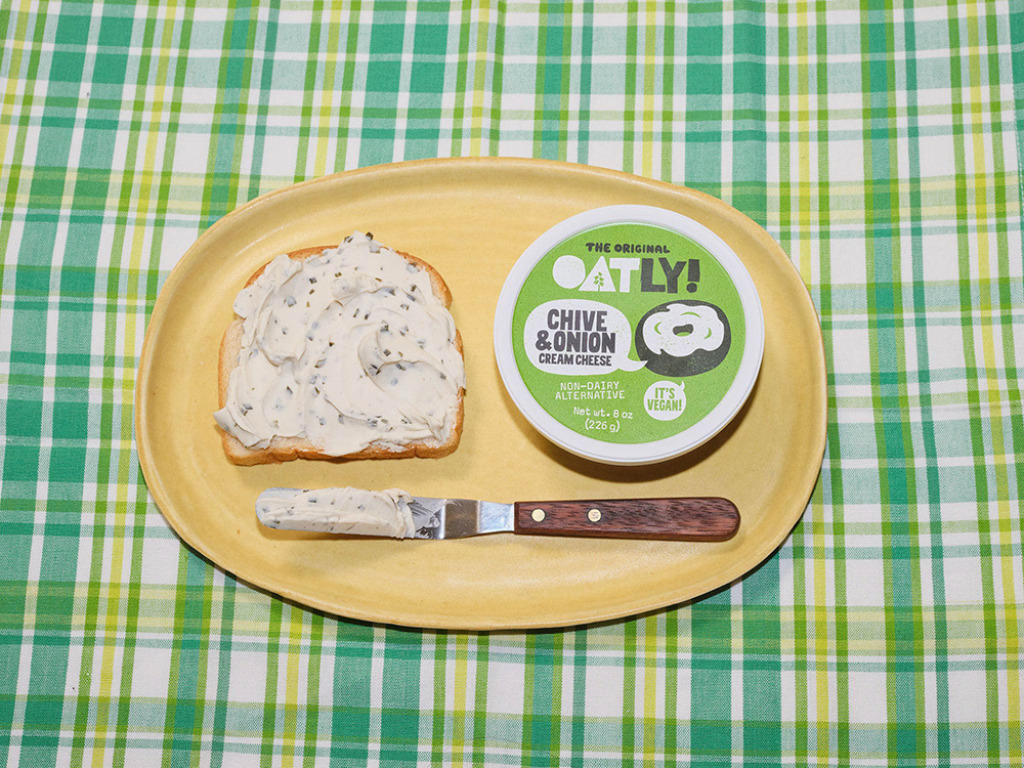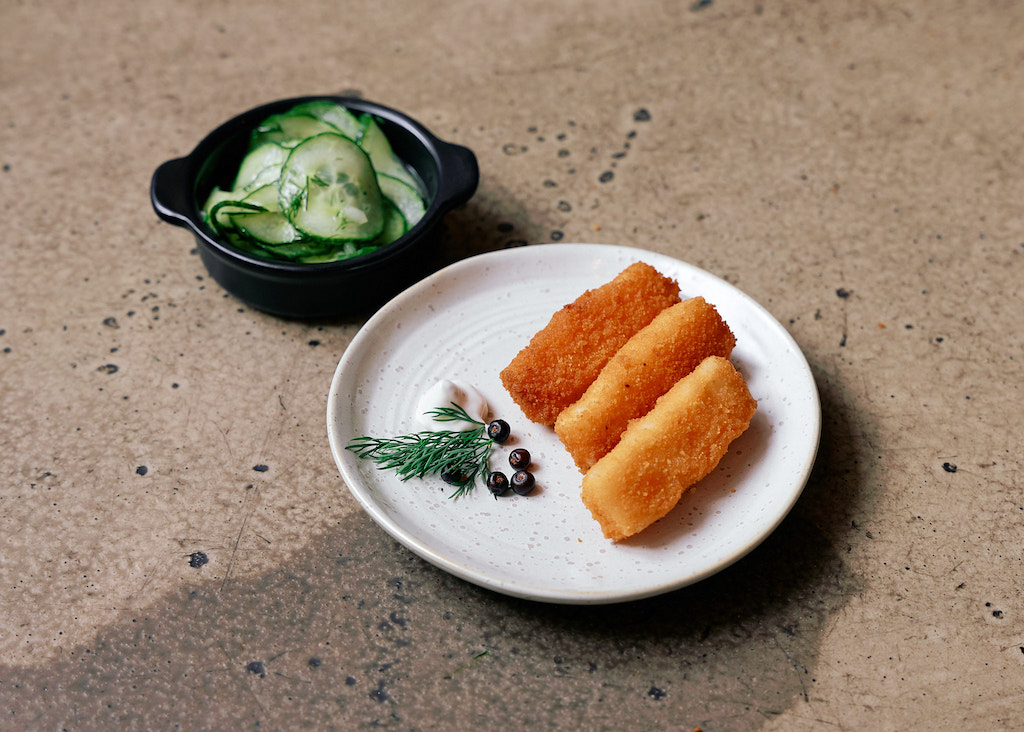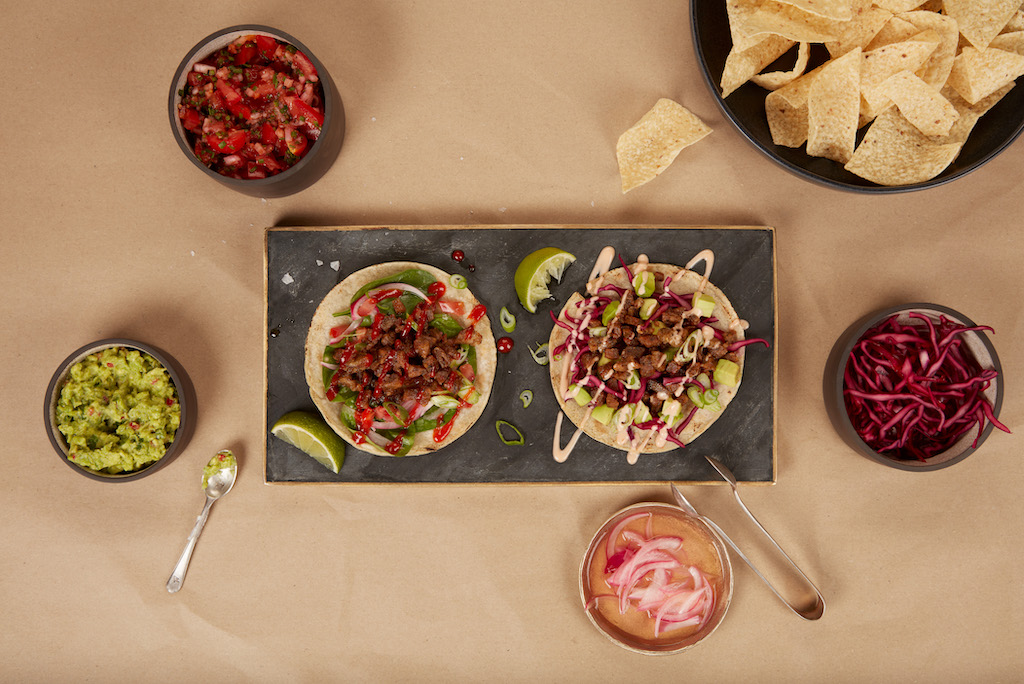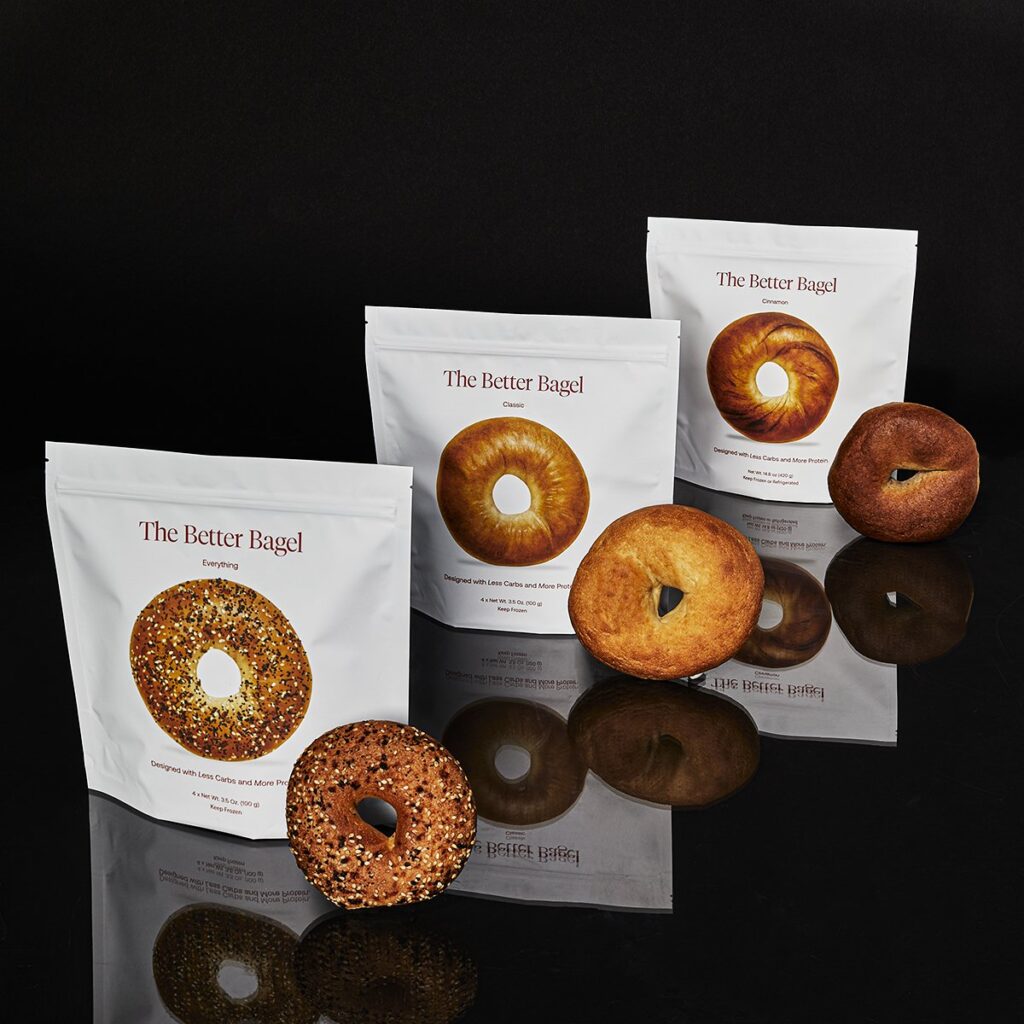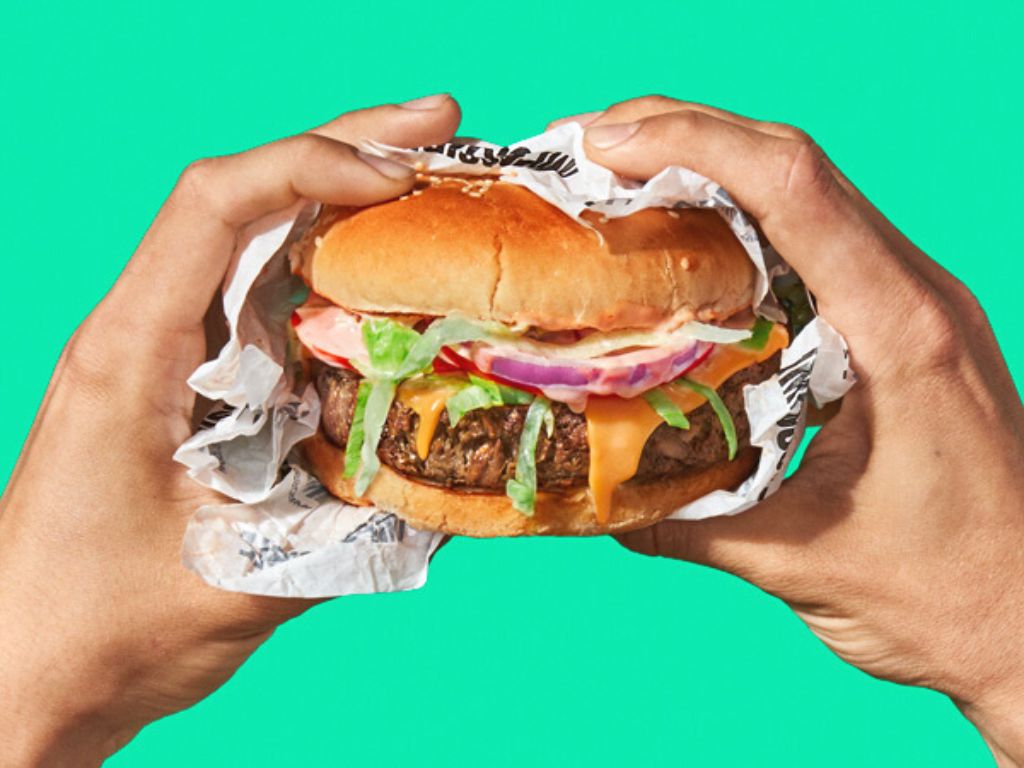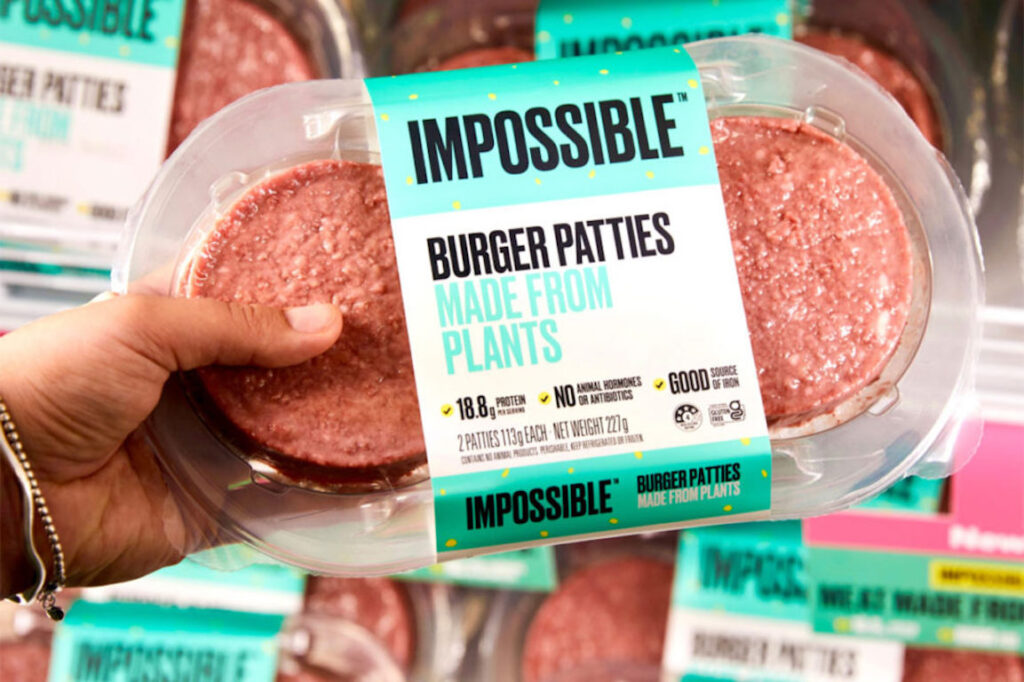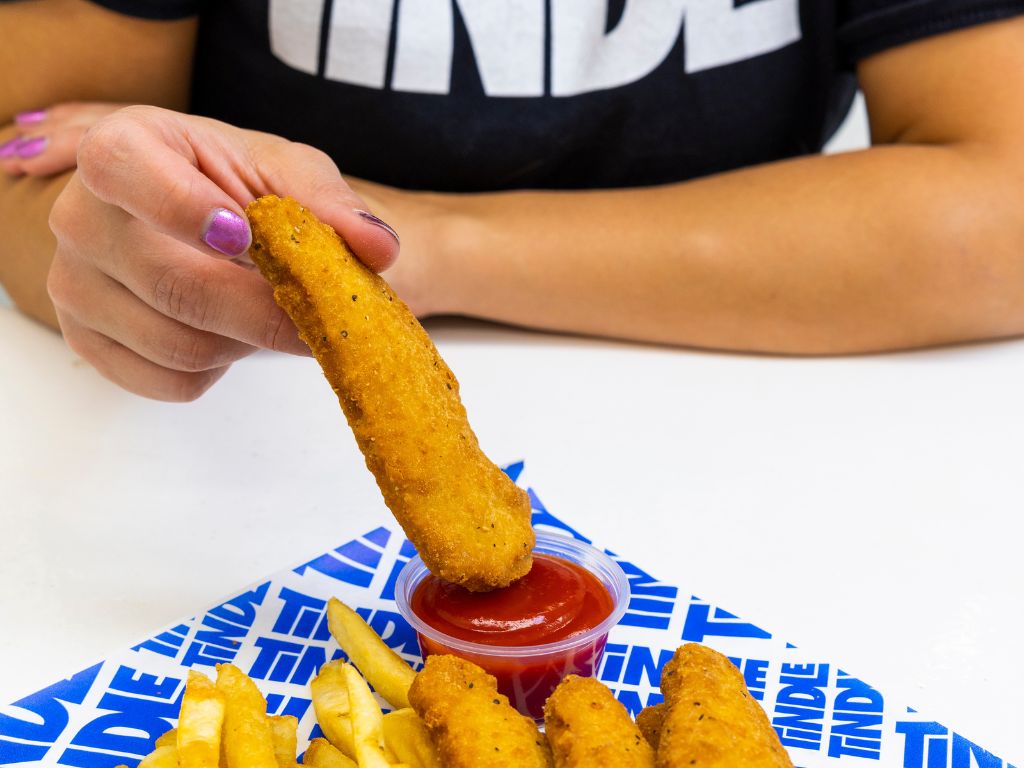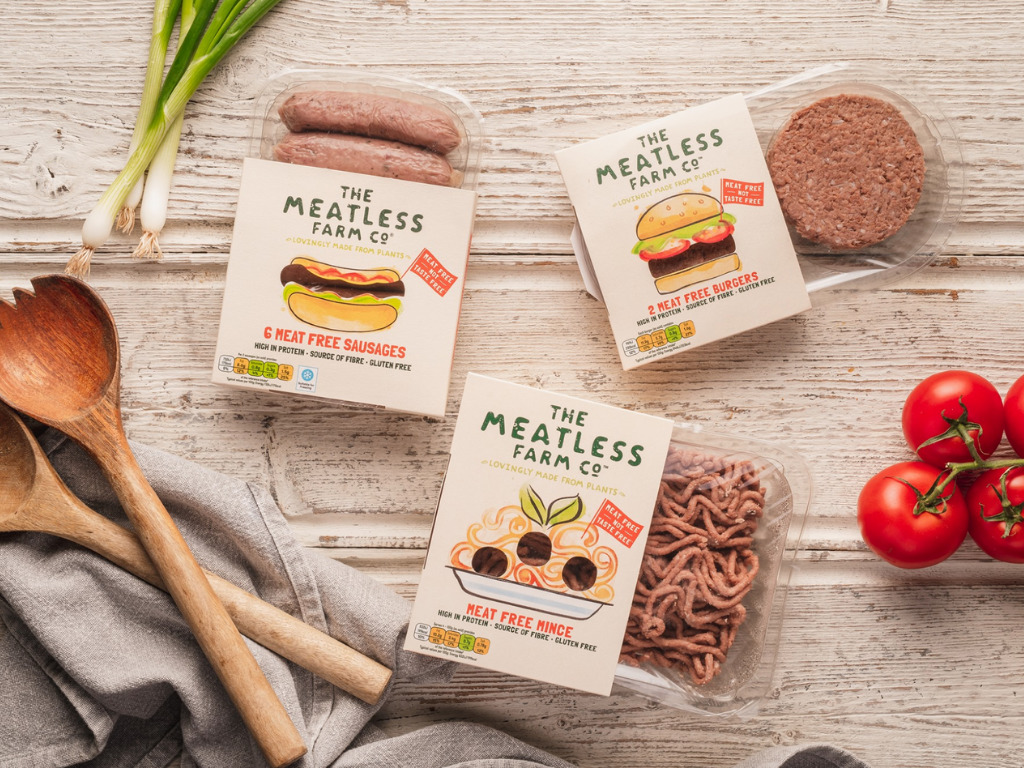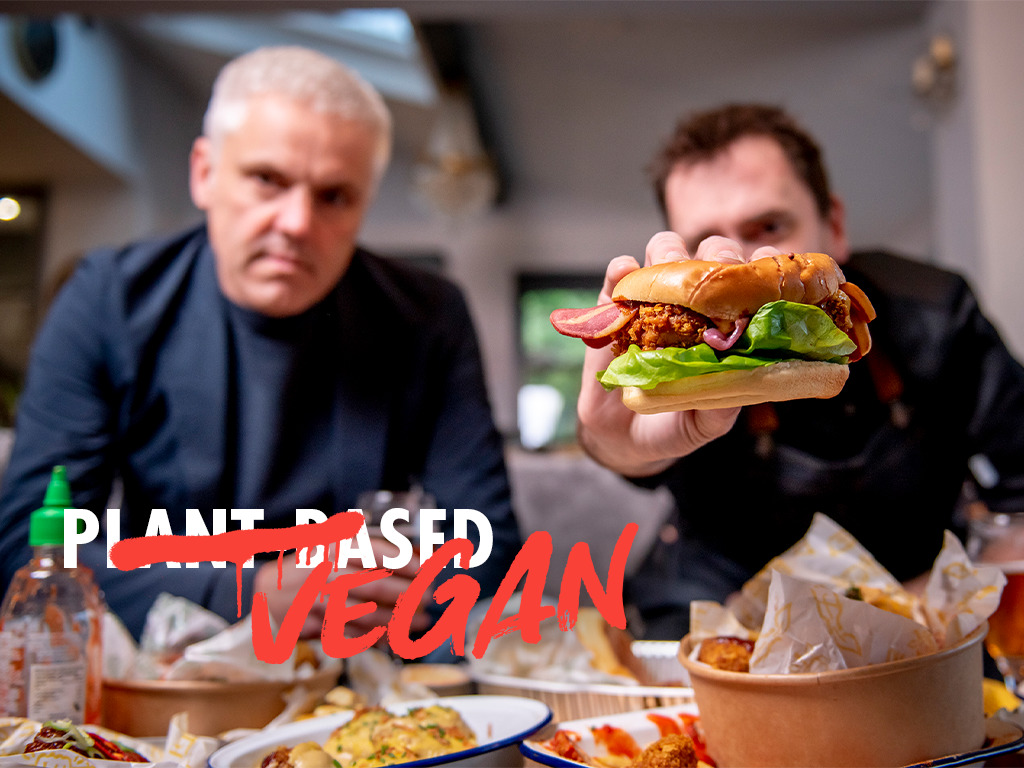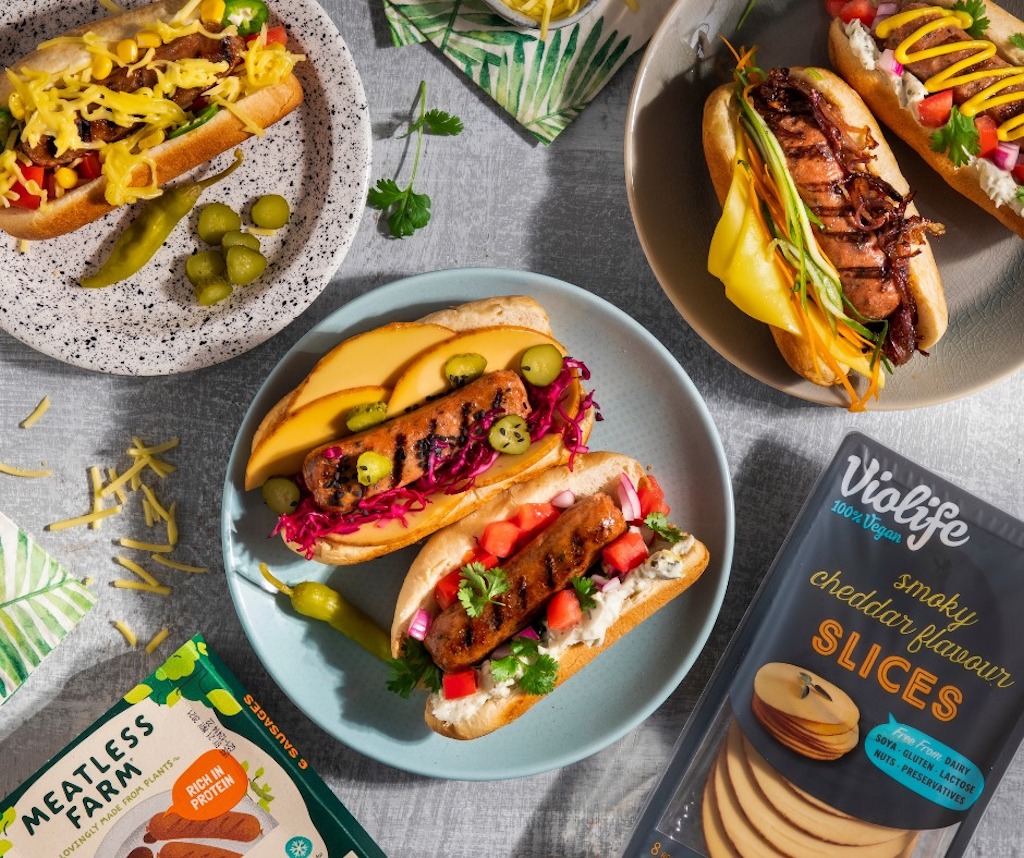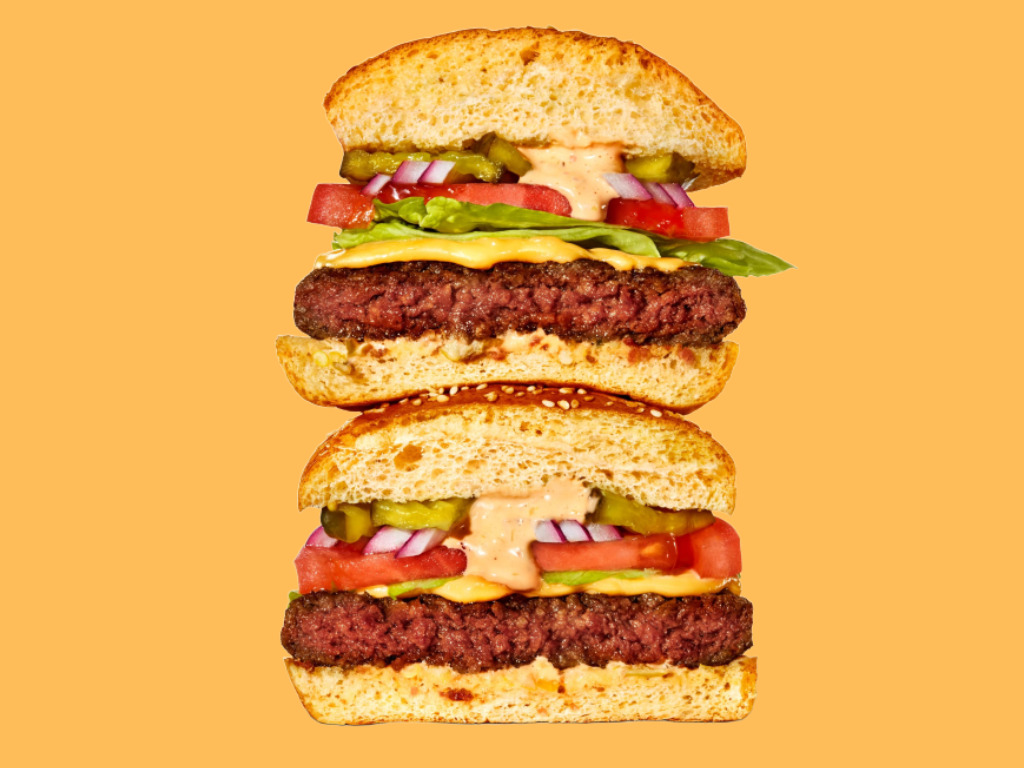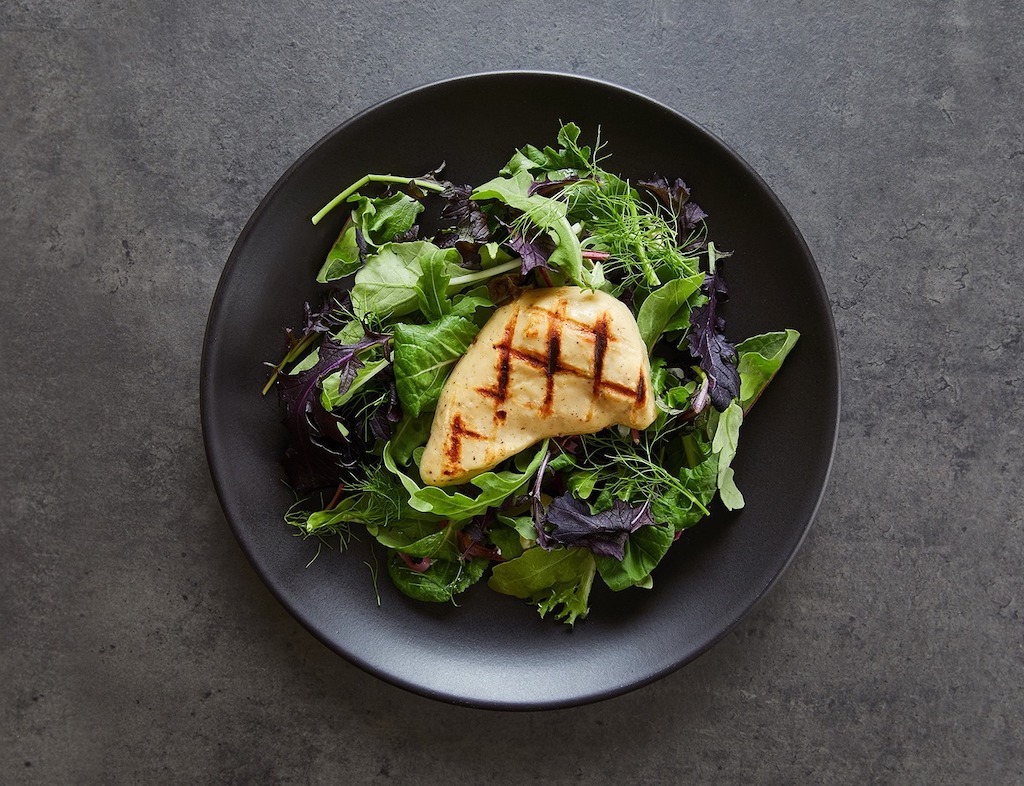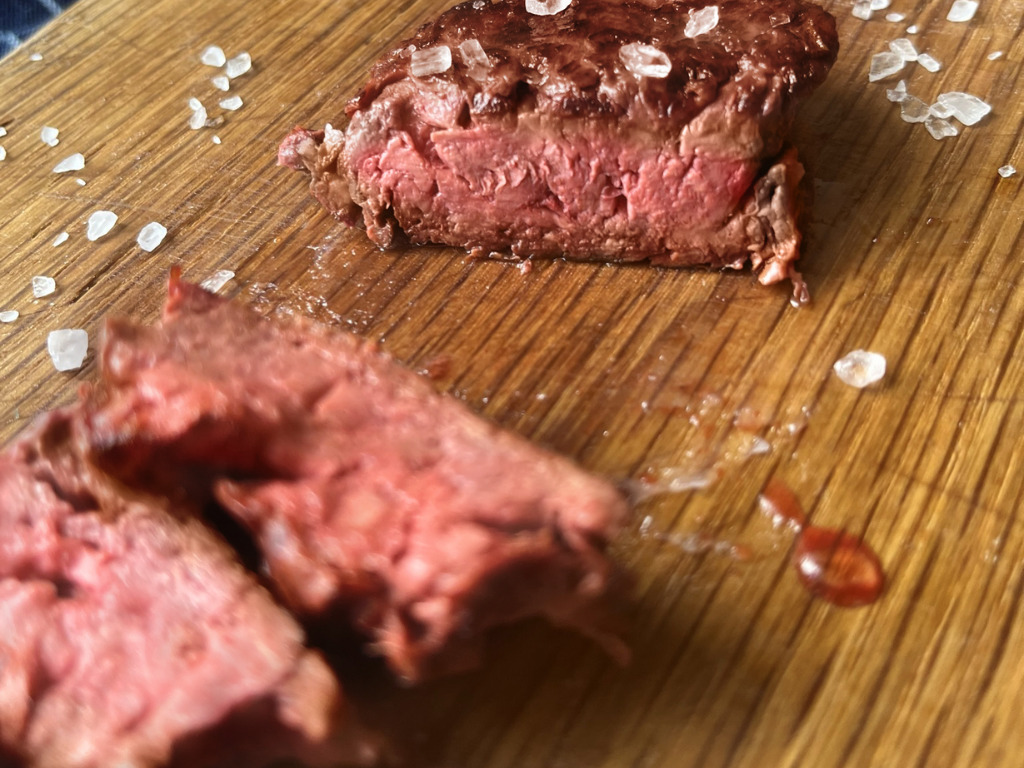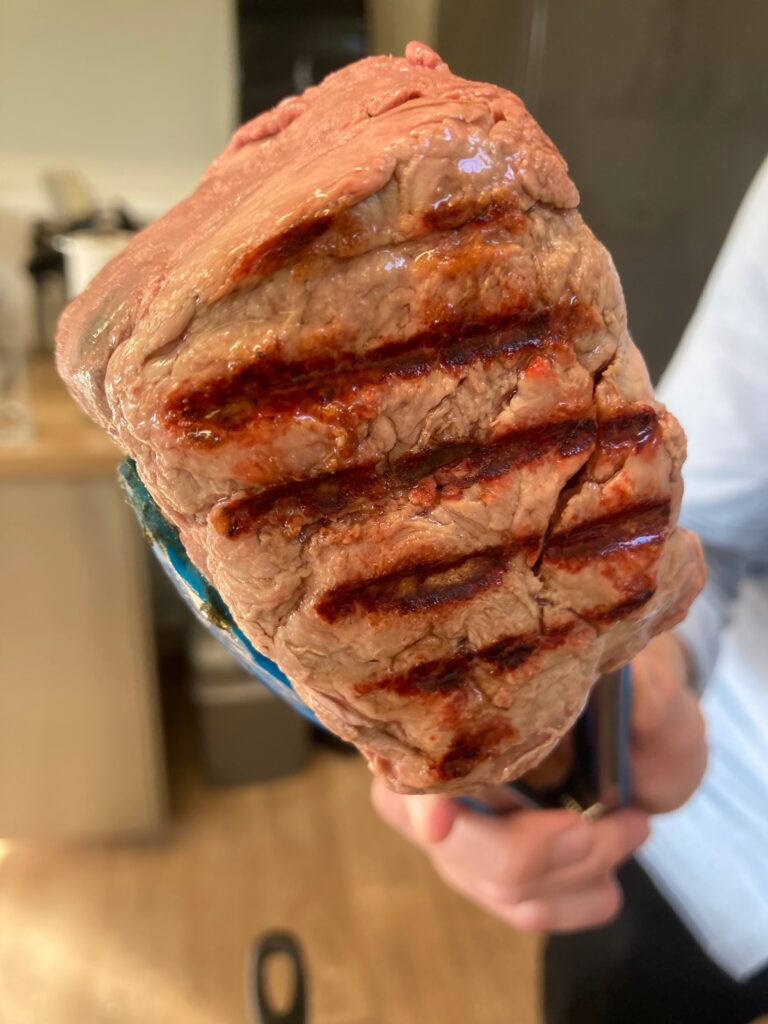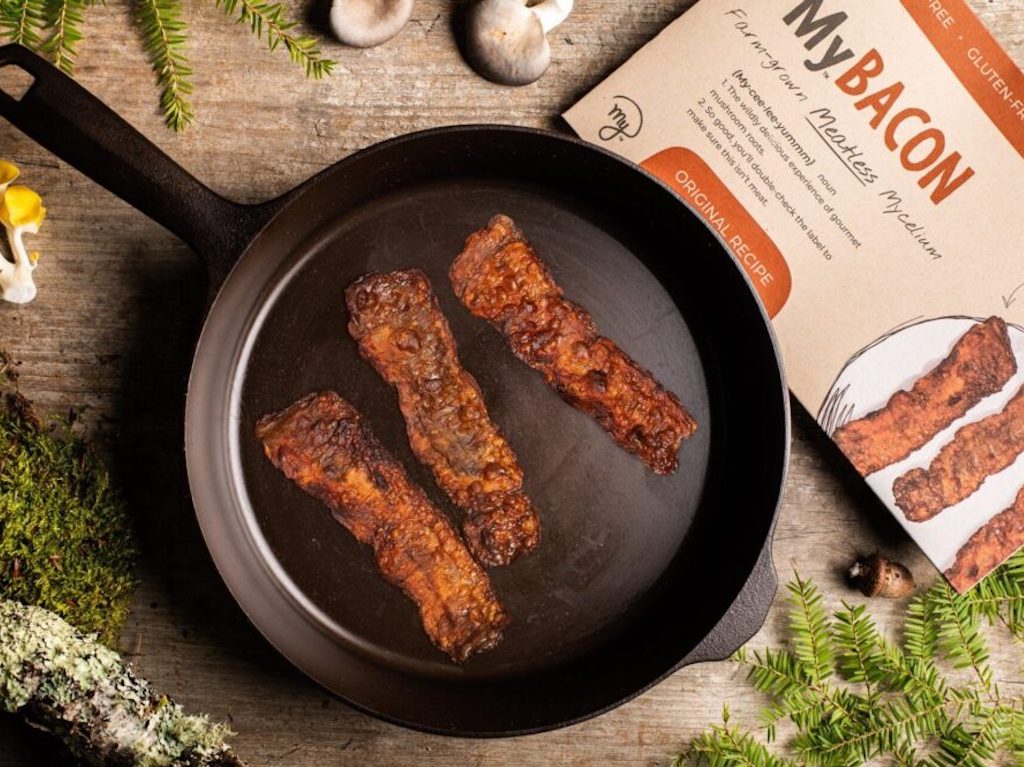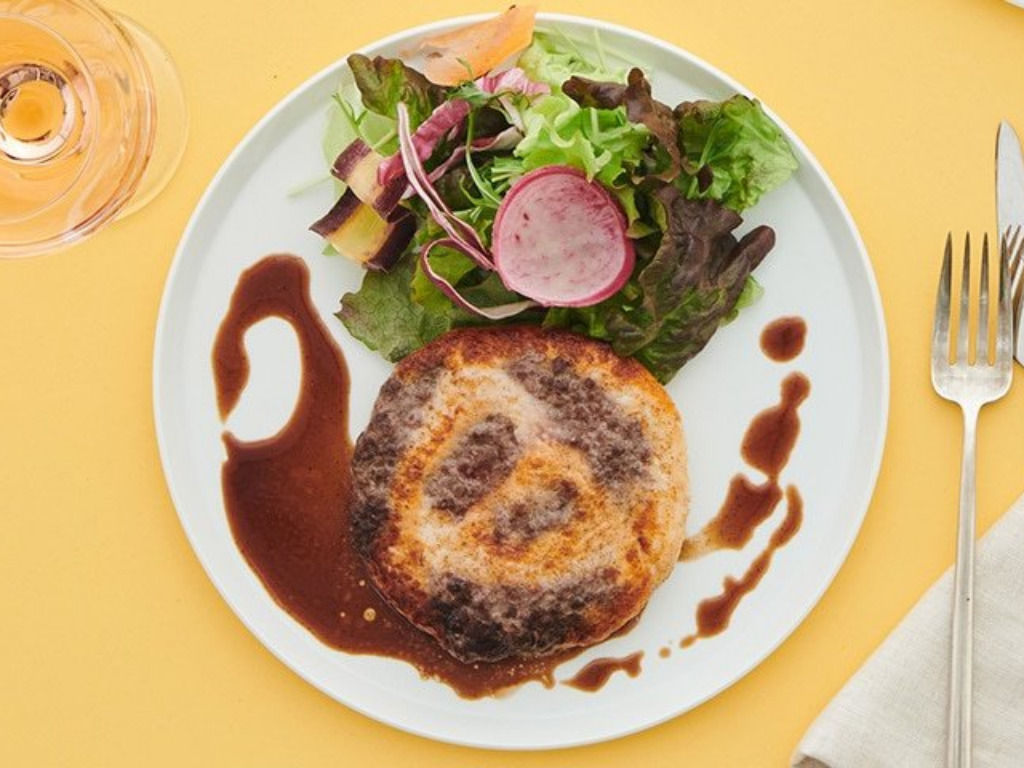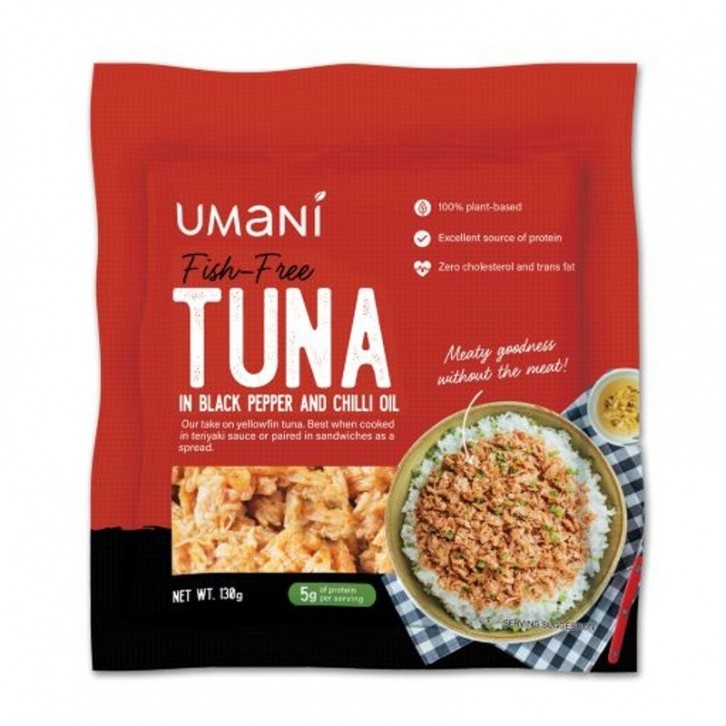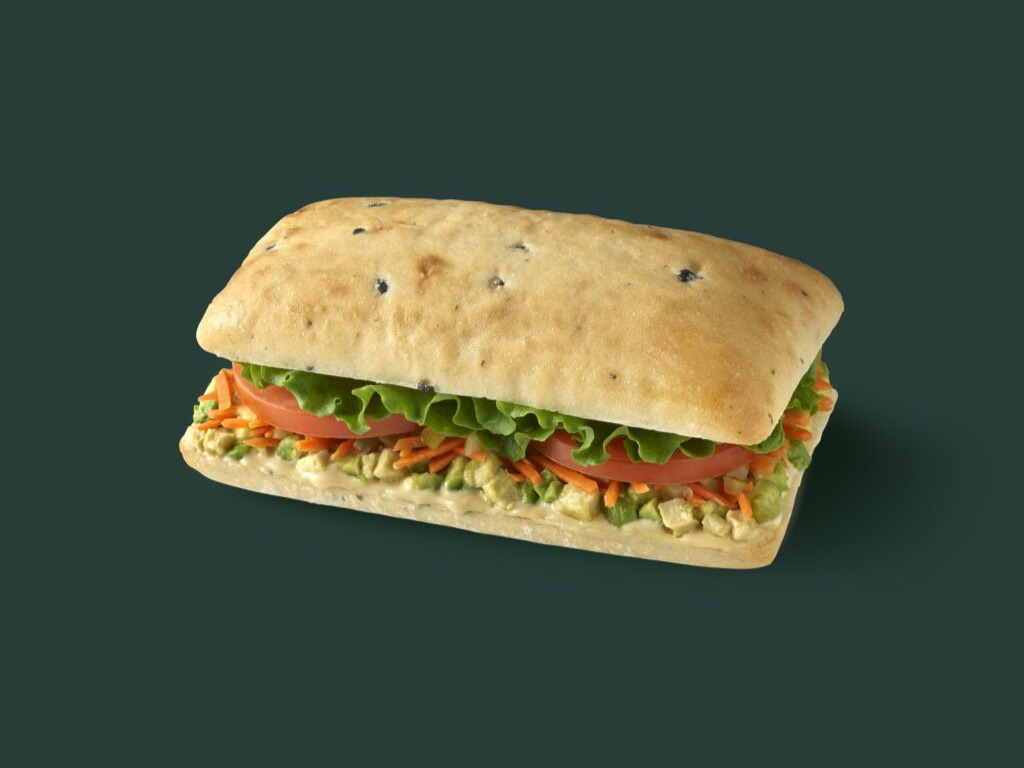
South Korean Starbucks branches have seen a surge in sales of recently introduced plant-based meat dishes. The chain has reported that it sold more than 100,000 products in just two weeks.
The plant-based meat used in the new Starbucks dishes is supplied by Shinsegae Foods’ Better Meat; some of the menu items may contain dairy or eggs, but the group says it still signals the rising popularity of plant-based alternatives across the country.
Starbucks Korea introduced its first plant-based menu in 2021, featuring four items: a chocolate cake, potato bagels, a Mexican-style rice burrito, and a sweet chili ciabatta. The company has been offering soy milk since 2005 and began serving seasonal beverages with oat milk in 2017.

Last year saw another addition to the plant-based offerings at Starbucks Korea: a vegan chicken salad and the world’s first Starbucks beverage using plant-based yogurt, the “Pine Coco Green Yogurt Blended.”
Shinsegae, the company behind Better Meat, recently announced the launch of a plant-based burger and indicated the development of more offerings.
Plant-based options at Starbucks
Starbucks has been steadily increasing its vegan options across Asia. Most recently, it partnered with Indonesian vegan food-tech startup Green Rebel. Last month, the coffee chain launched a special meatless menu featuring Green Rebel’s Beefless Rendang and Chick’n Fillet. The Philly Steak Rendang Sandwich and Black Pepper Chic-ken Sandwich are available in 364 Starbucks outlets nationwide.
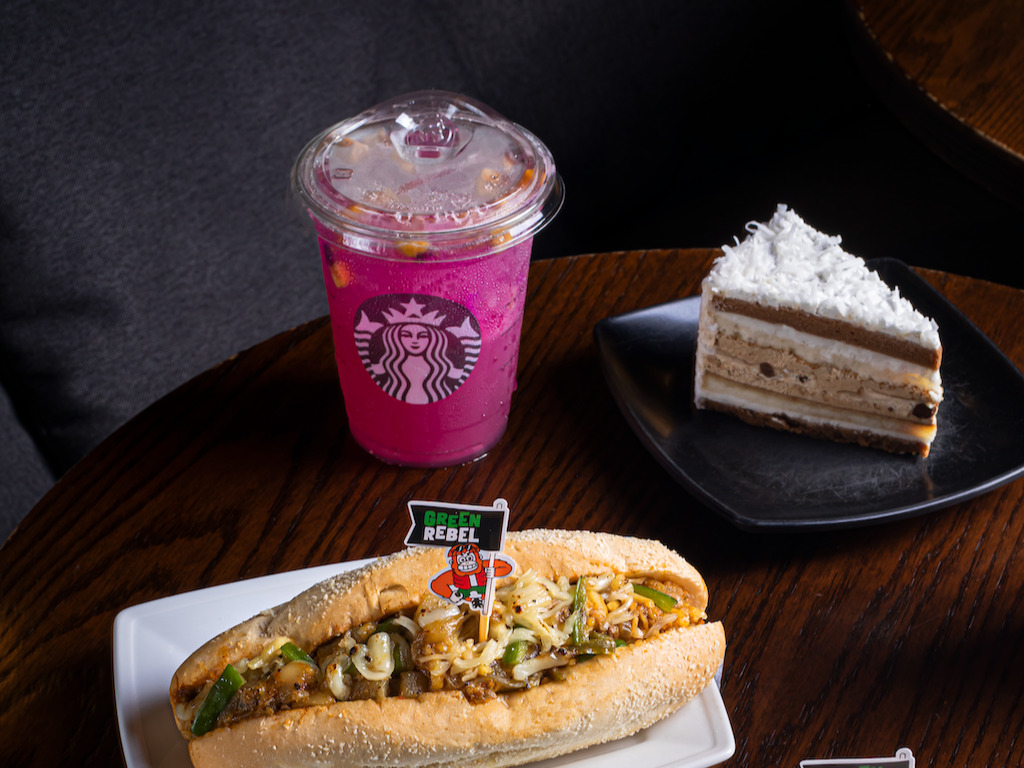
“In order to maximize the success of plant-based protein adoption in new markets, we always emphasize the importance of flavor localization,” Max Mandias, Green Rebel co-founder and Chief Innovation Officer, said in a statement. “Our partnership with Starbucks Malaysia is exciting because it is a celebration of the culinary diversity of the Asian region, where beloved local flavors take center stage.”
The coffee chain has also removed its surcharge for dairy-free milk options in some locations, but not yet in the U.S., despite the urging from nonprofits and celebrities including James Cromwell and Alicia Silverstone, who says with significant profit margins on the coffee itself, the chain could afford to drop the added fee. “With such a high profit margin per cup of coffee, even after overhead, it is not an unreasonable request to stop charging for non-dairy milk,” Silverstone wrote on her blog, The Kind Life.
The post Sustainable Dining at Starbucks Korea Finds Favor With Record-Setting Sales first appeared on Green Queen.
The post Sustainable Dining at Starbucks Korea Finds Favor With Record-Setting Sales appeared first on Green Queen.
This post was originally published on Green Queen.

